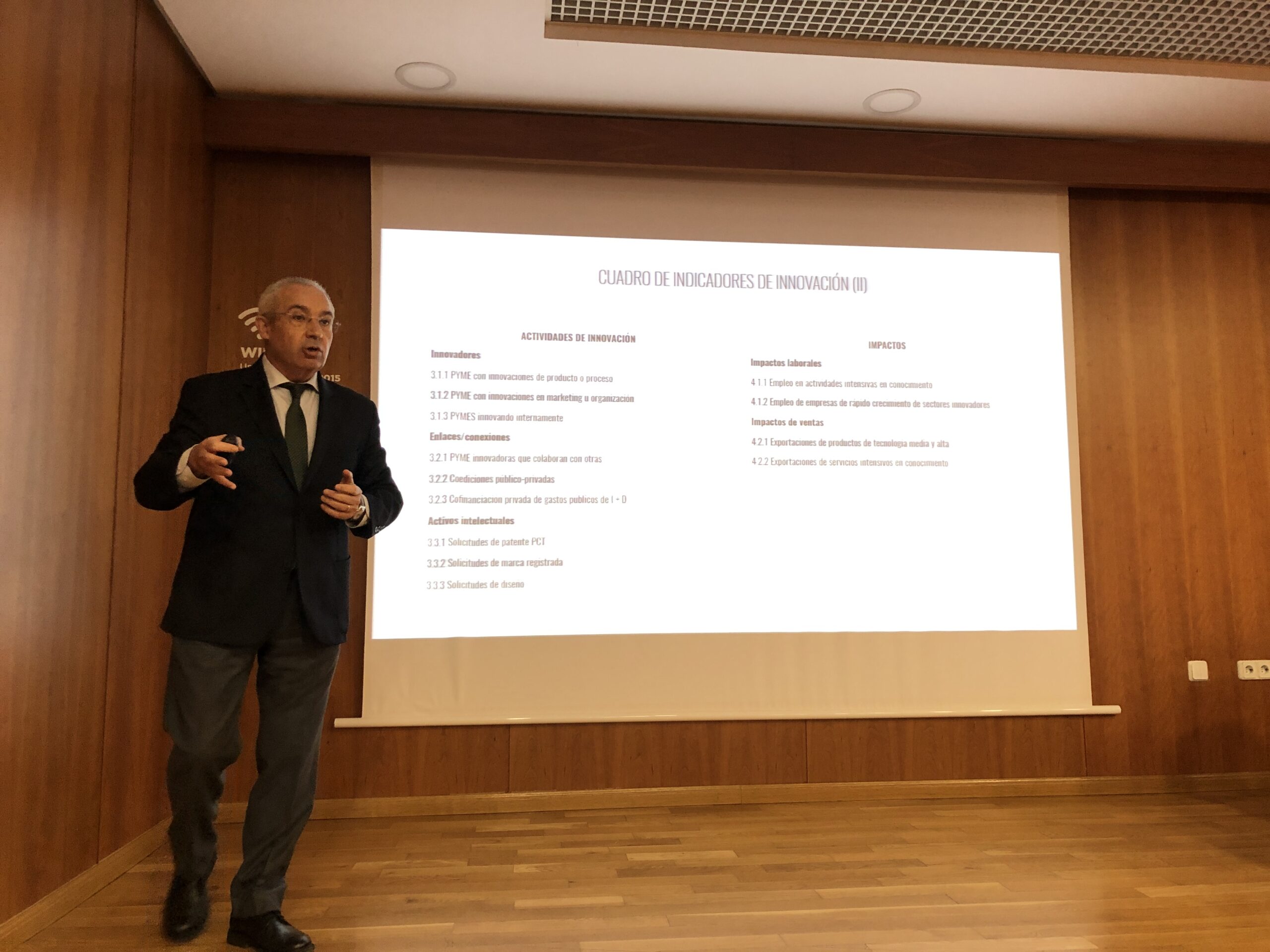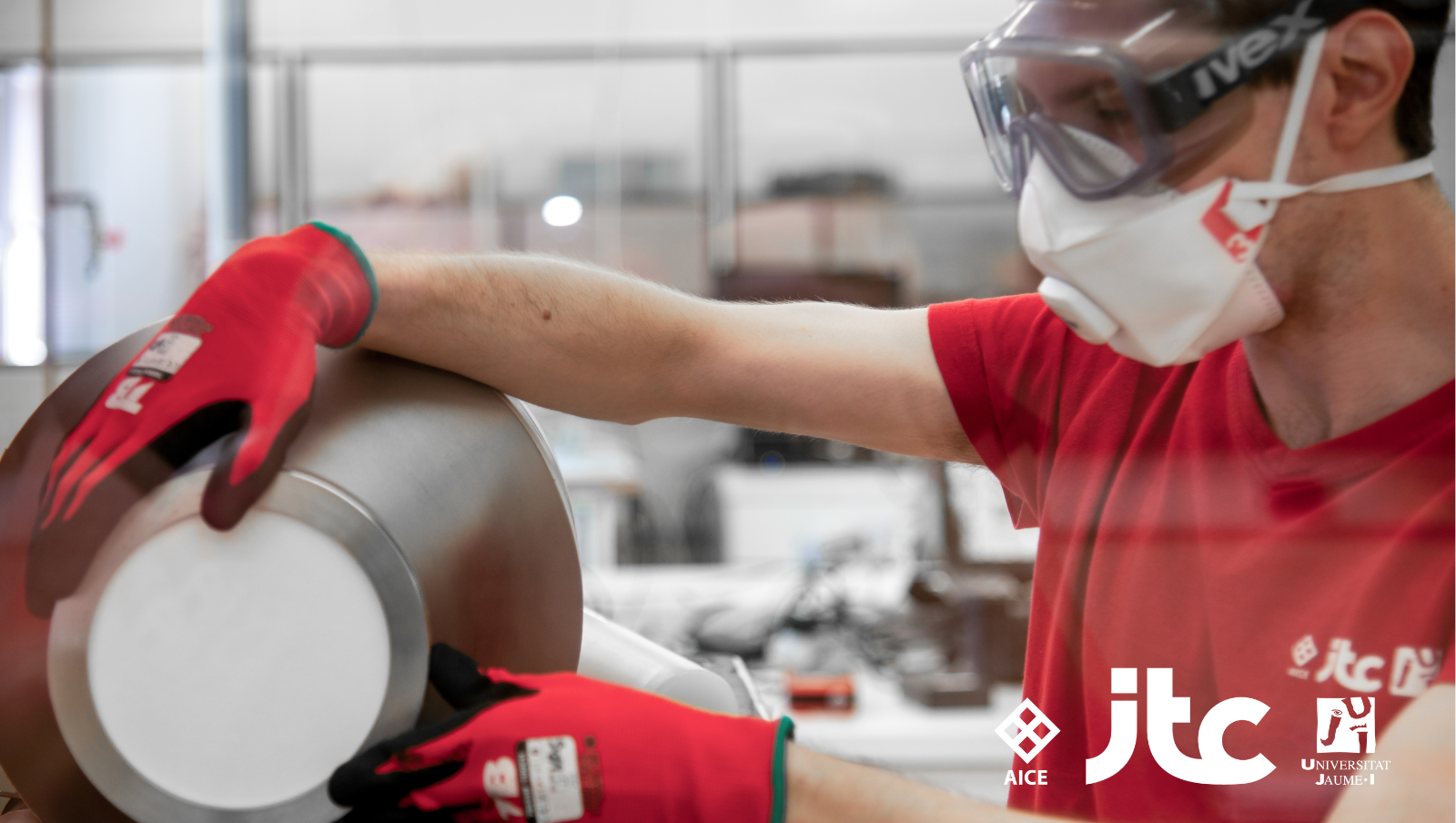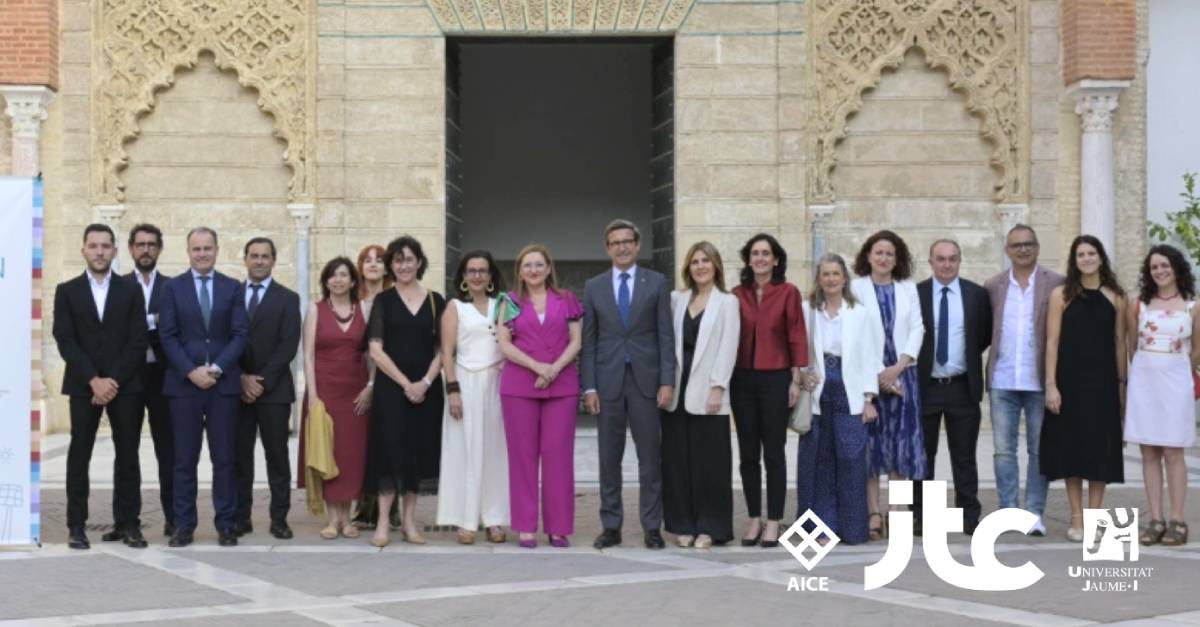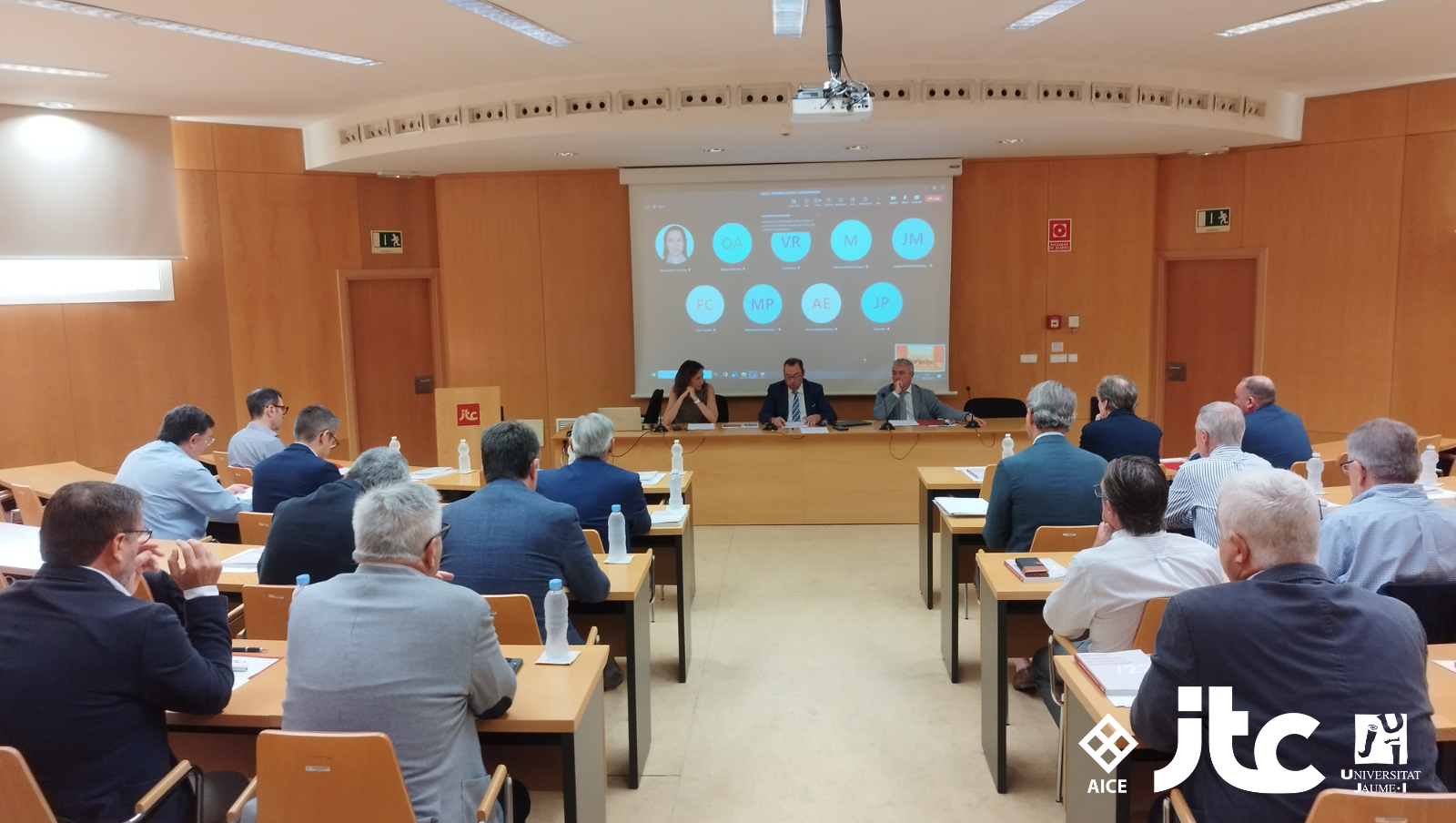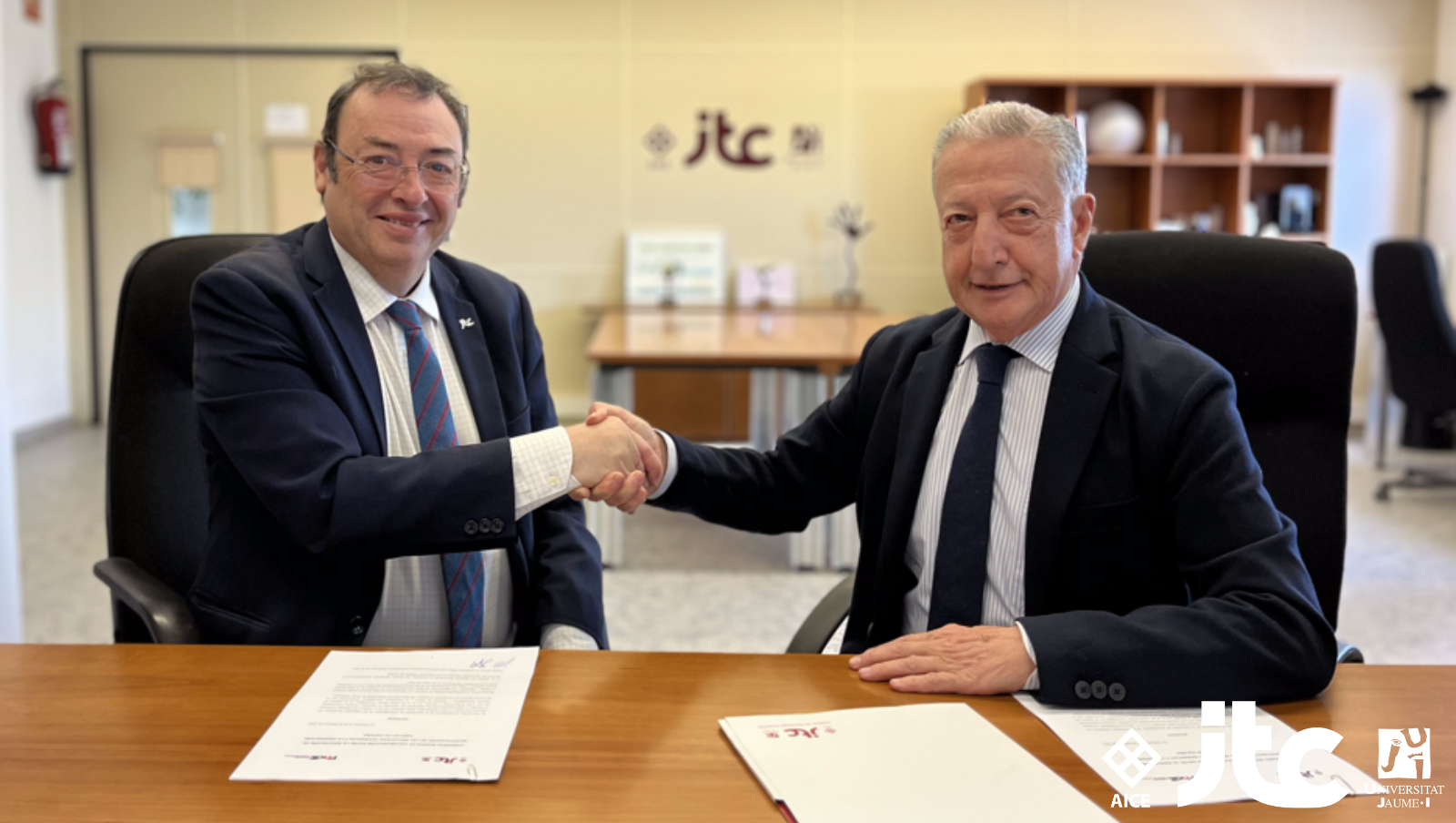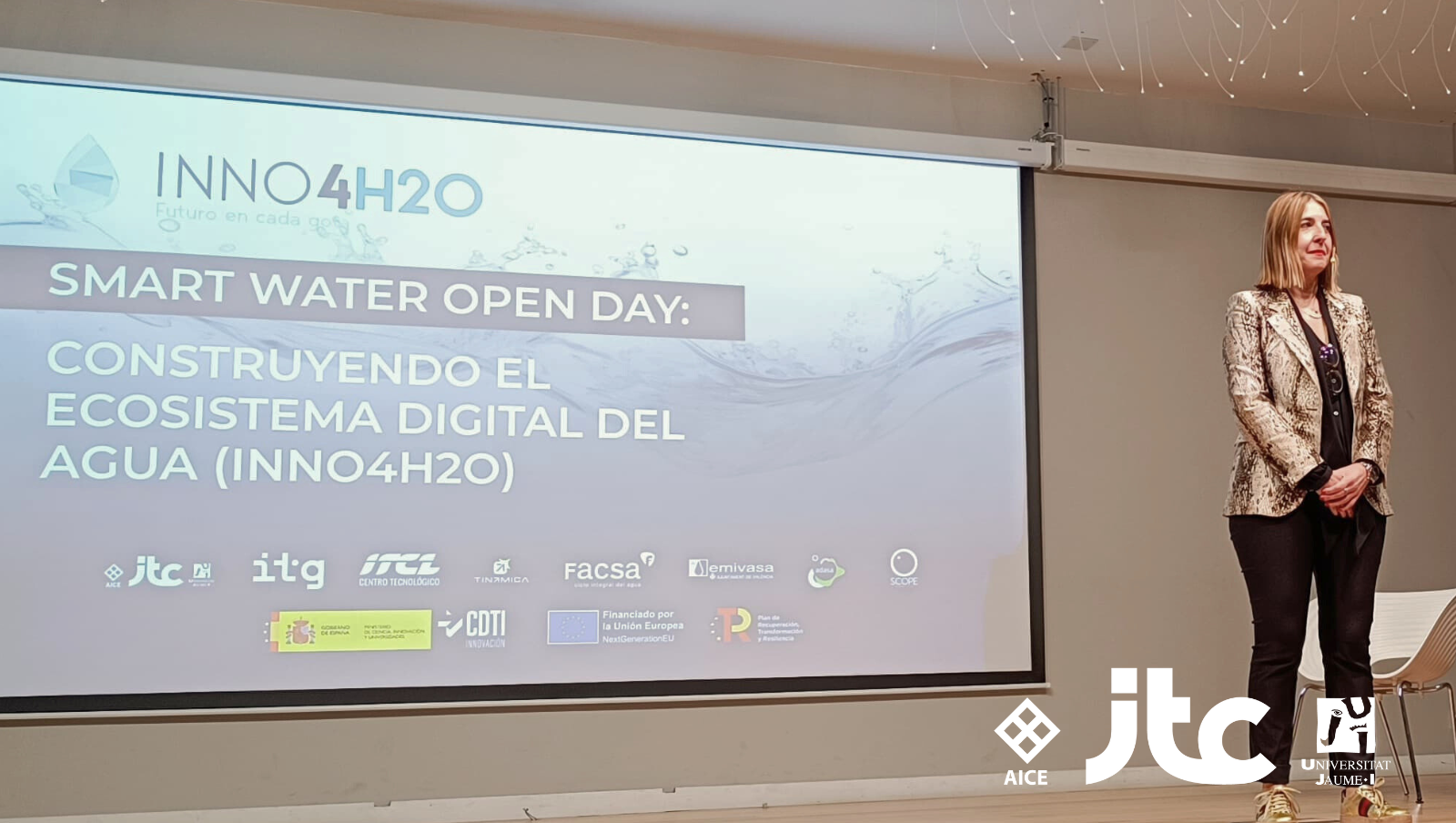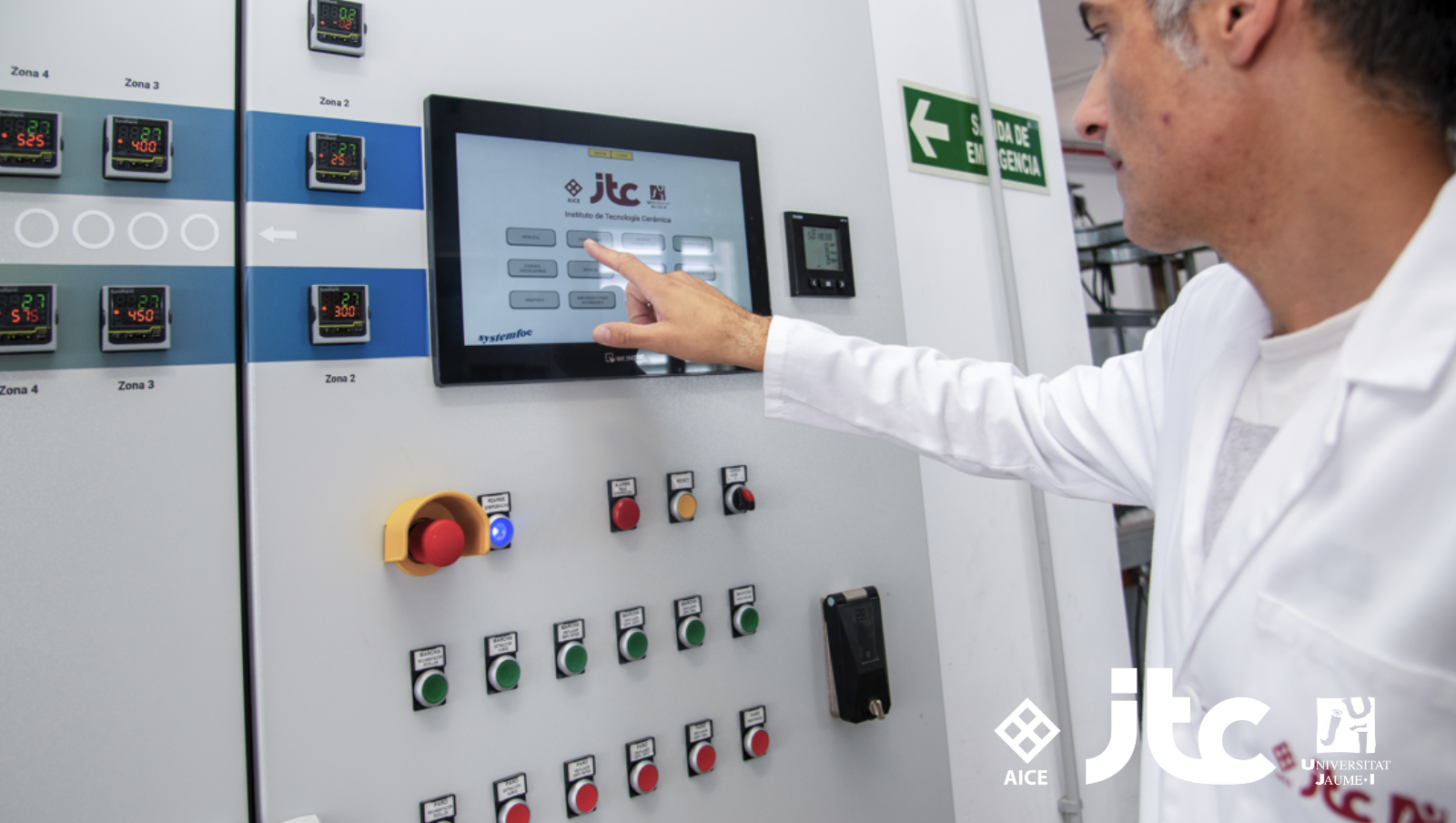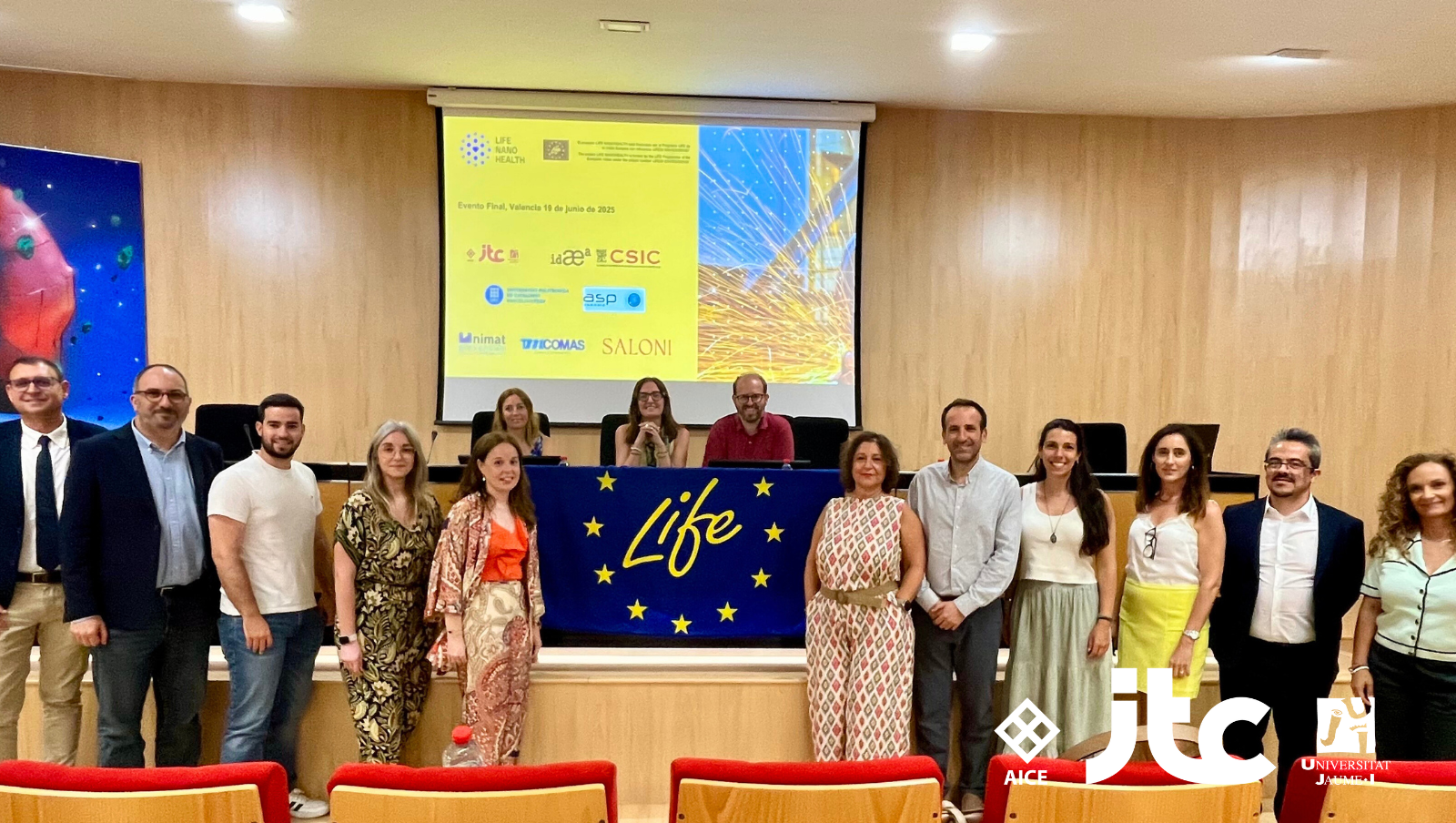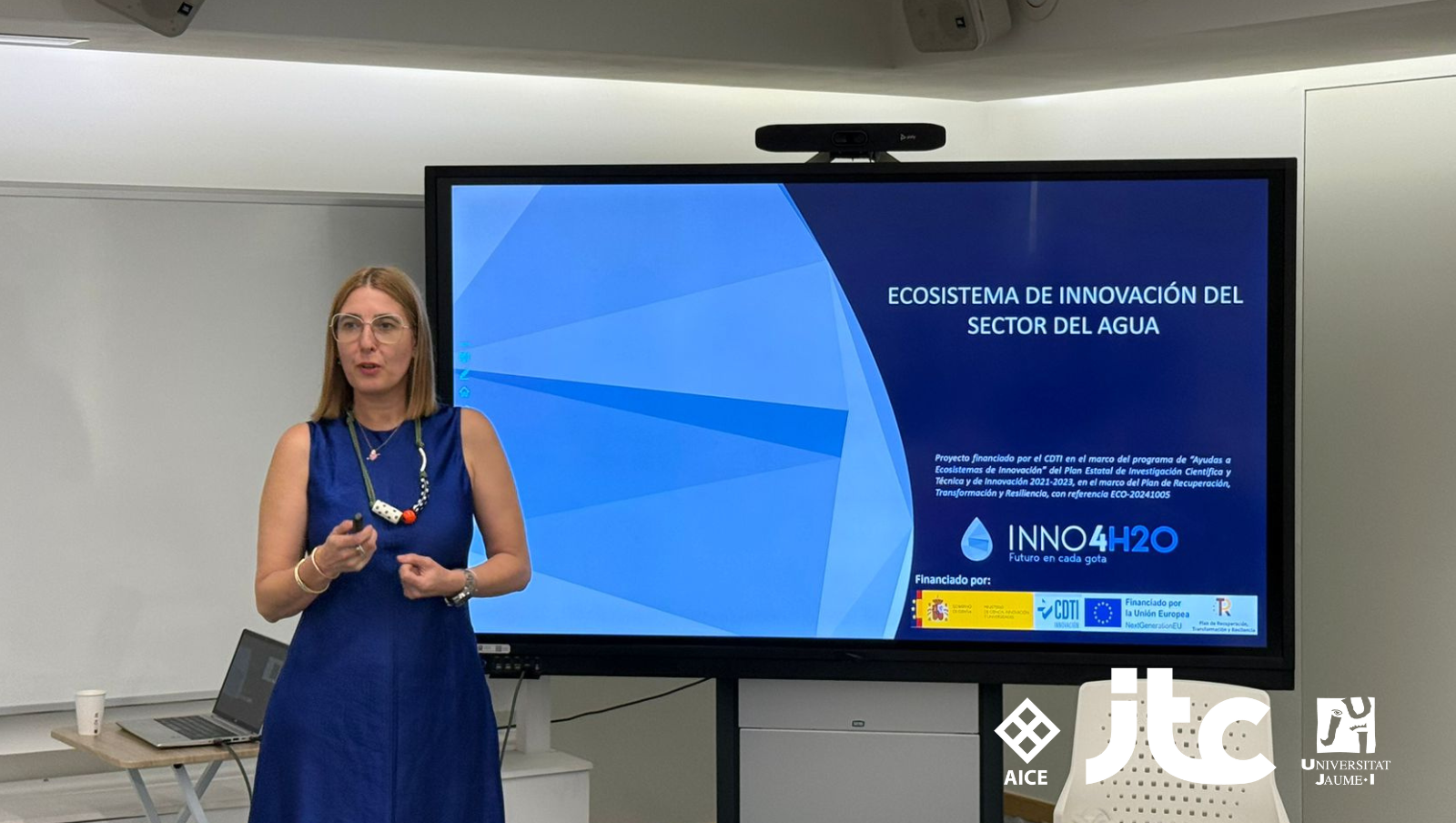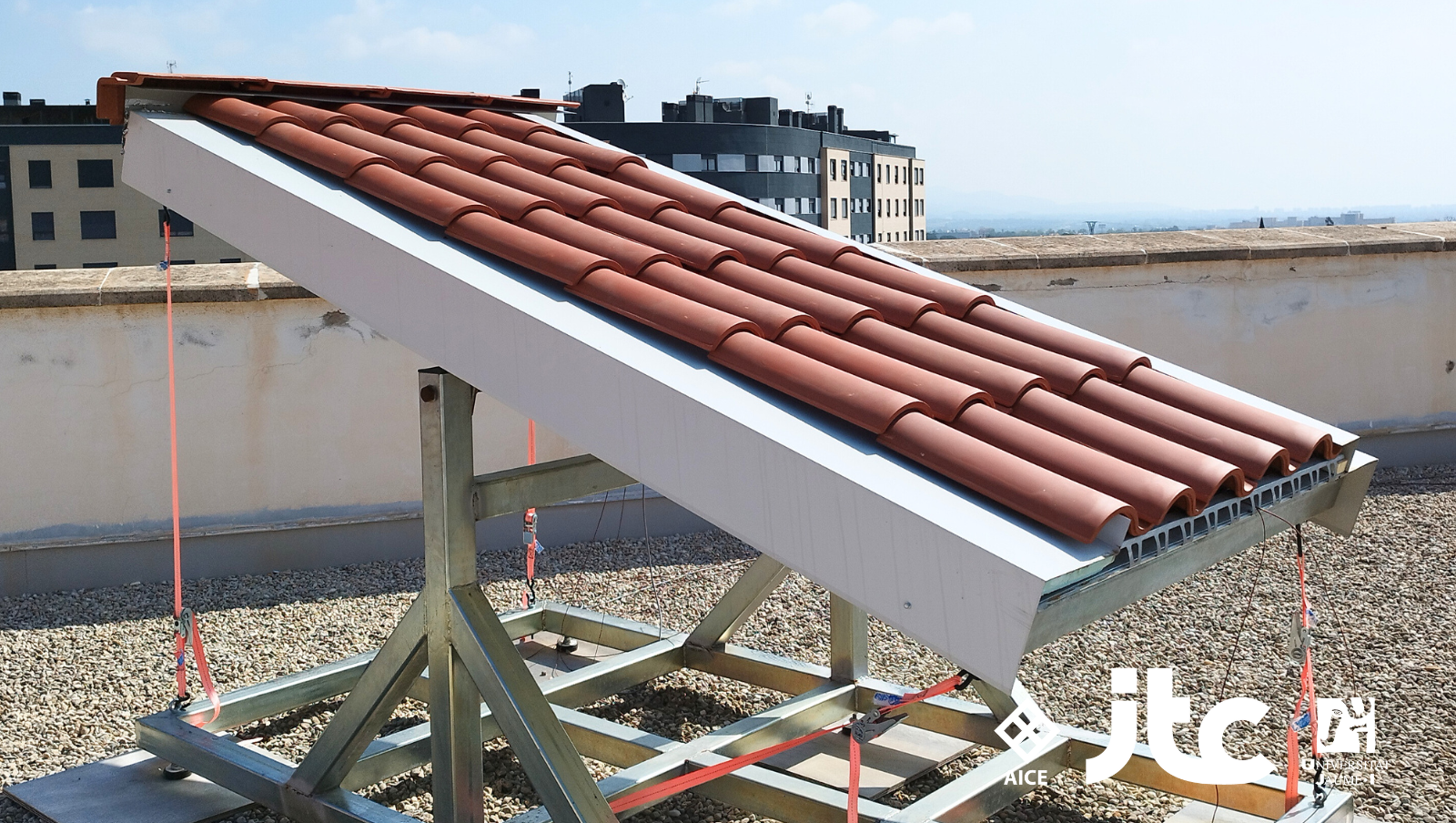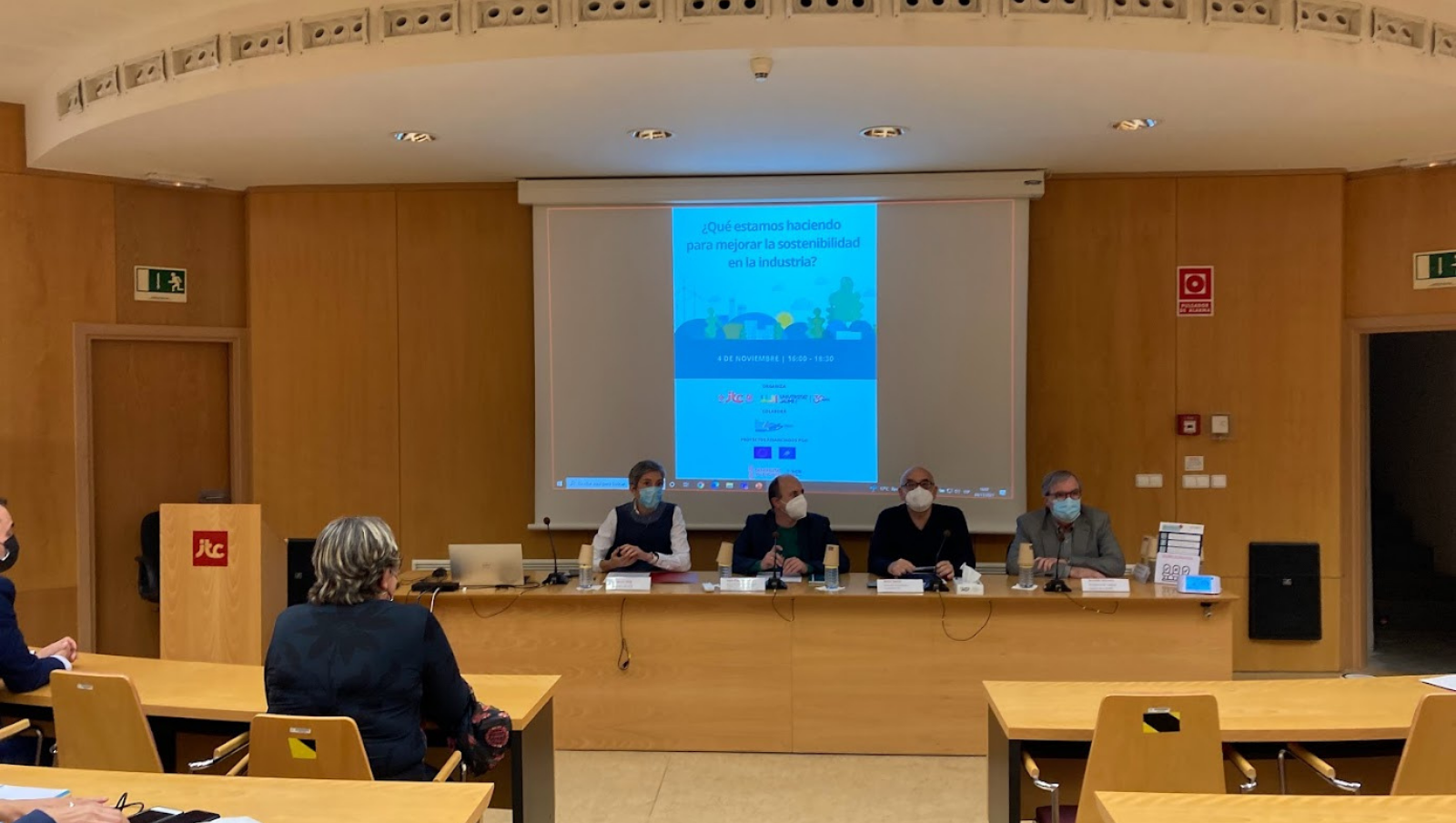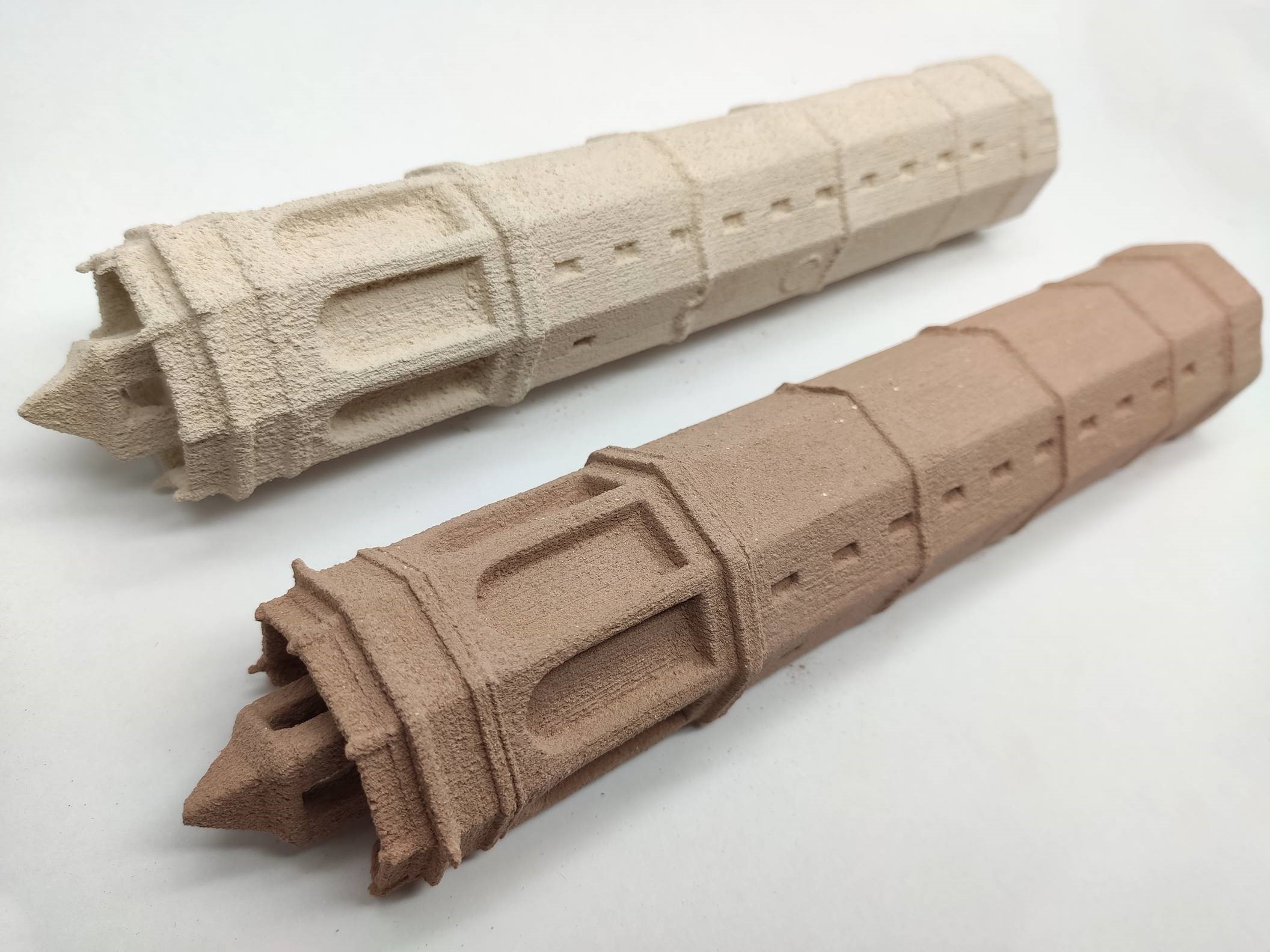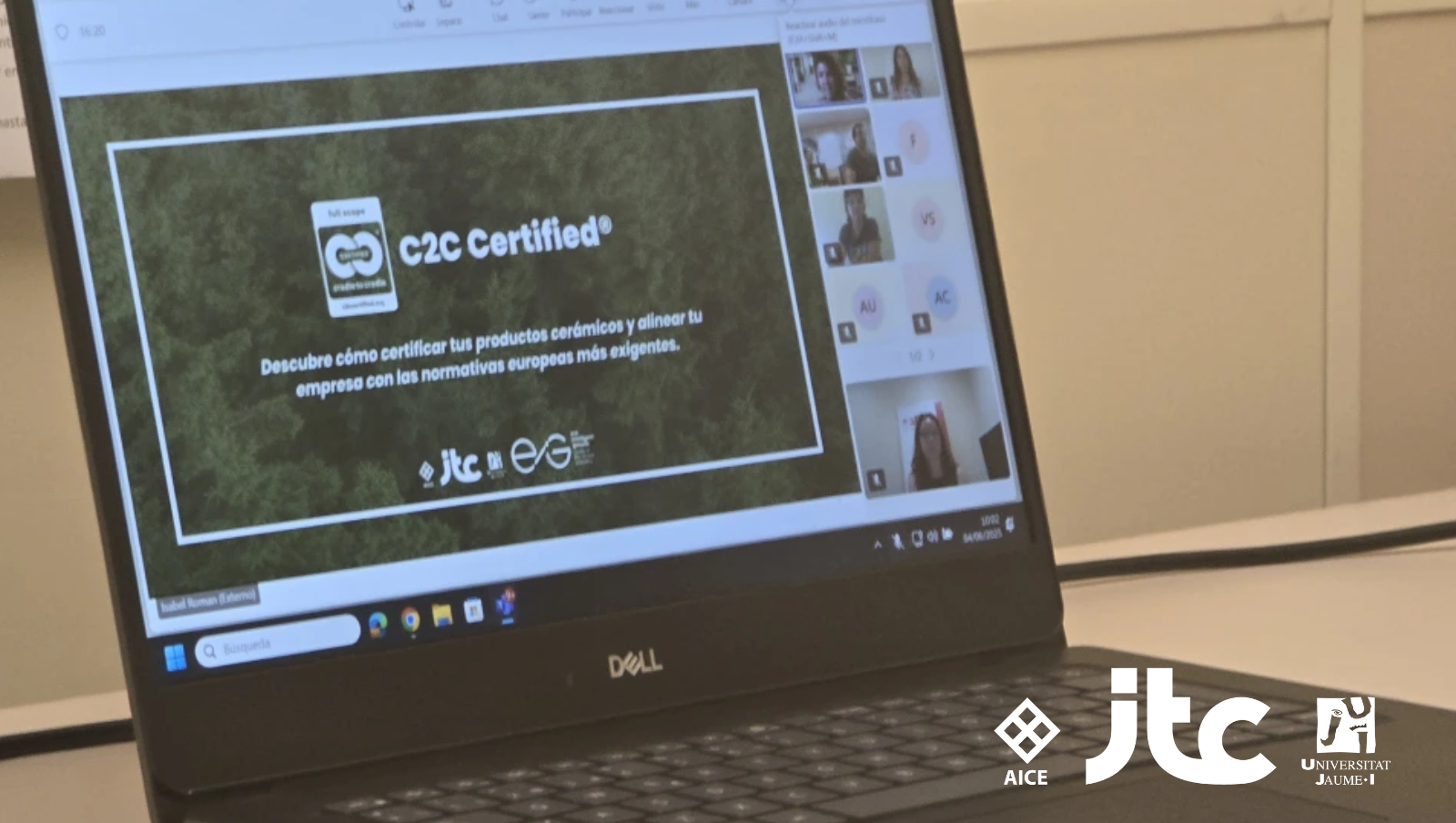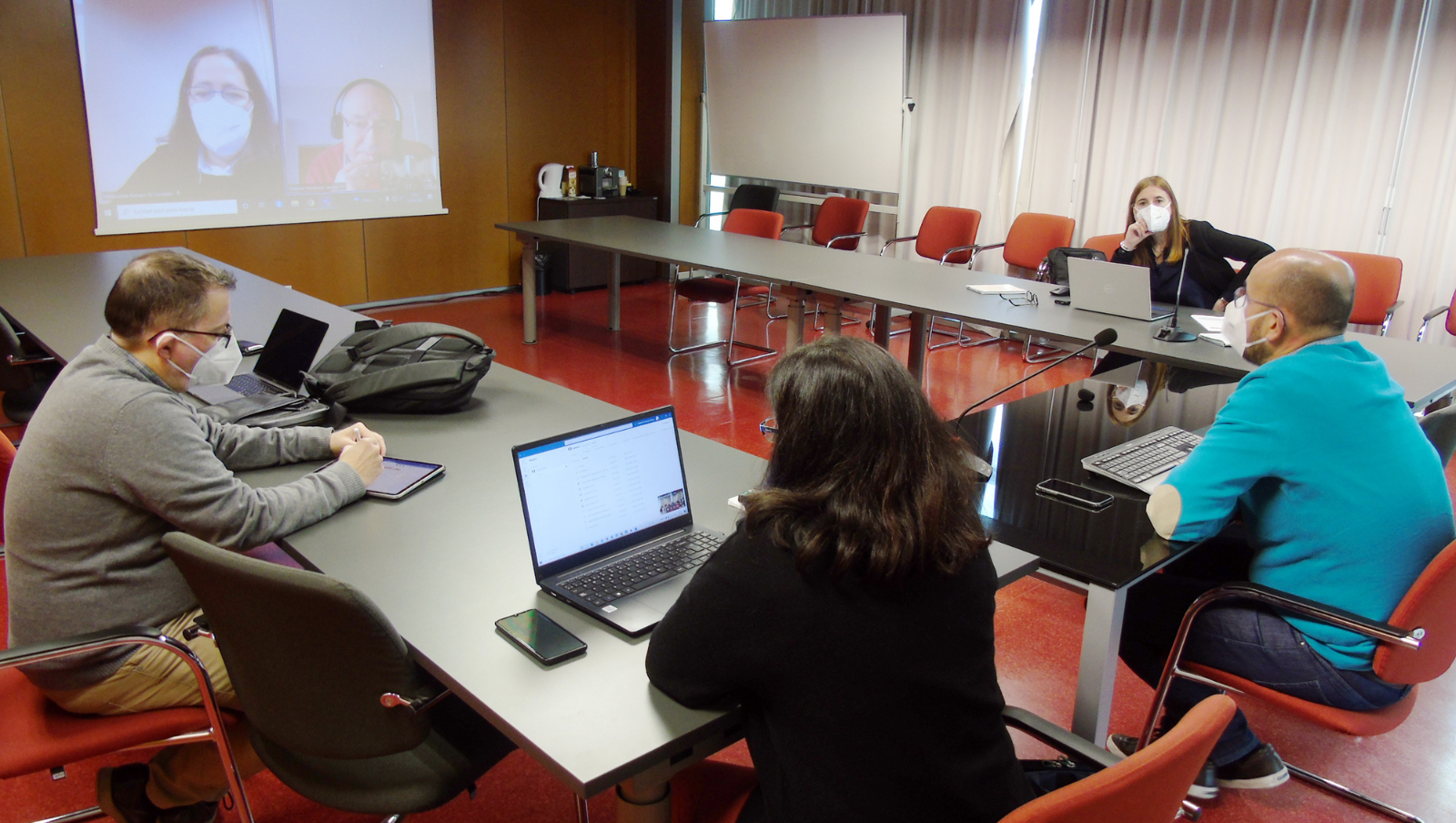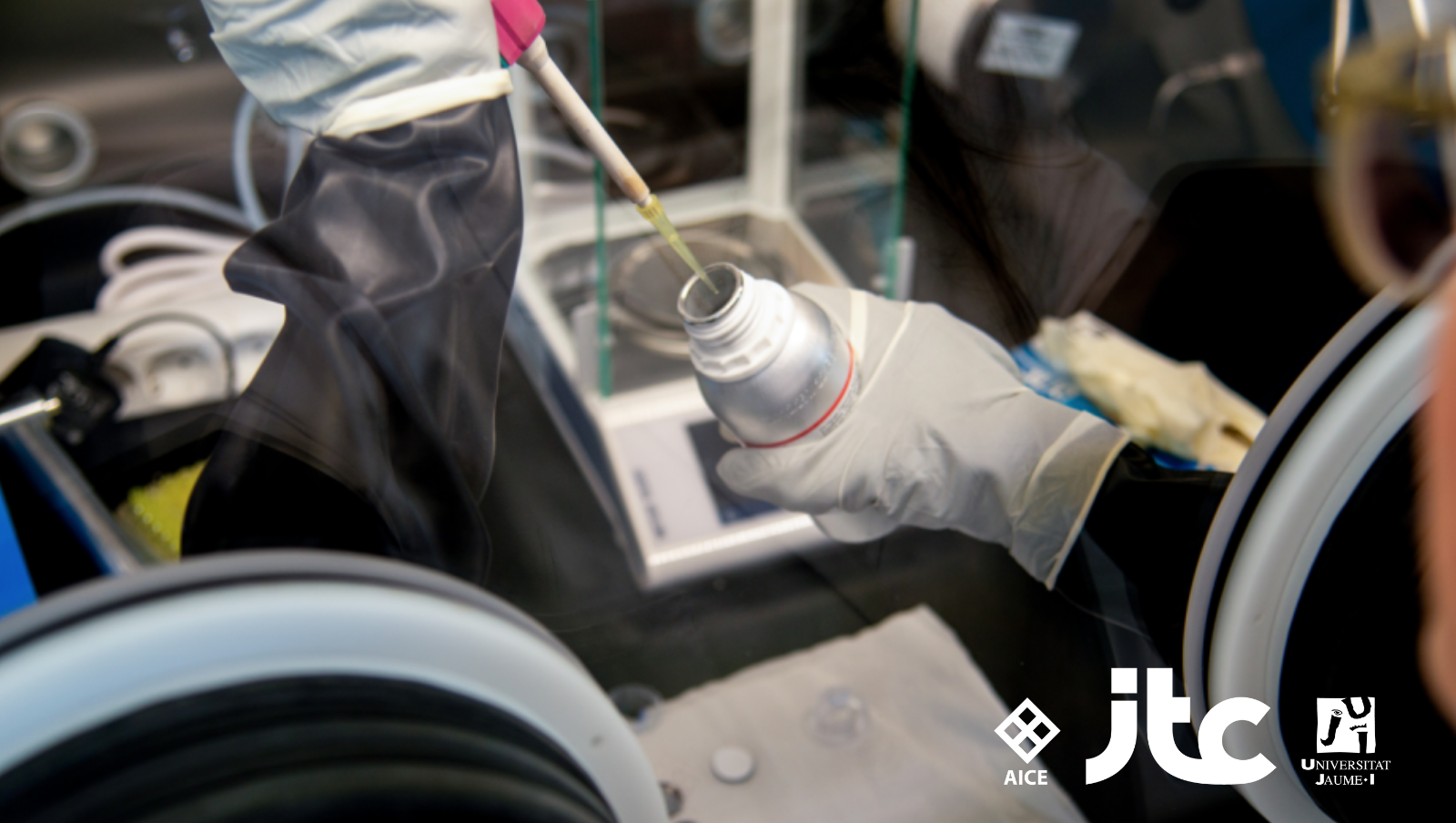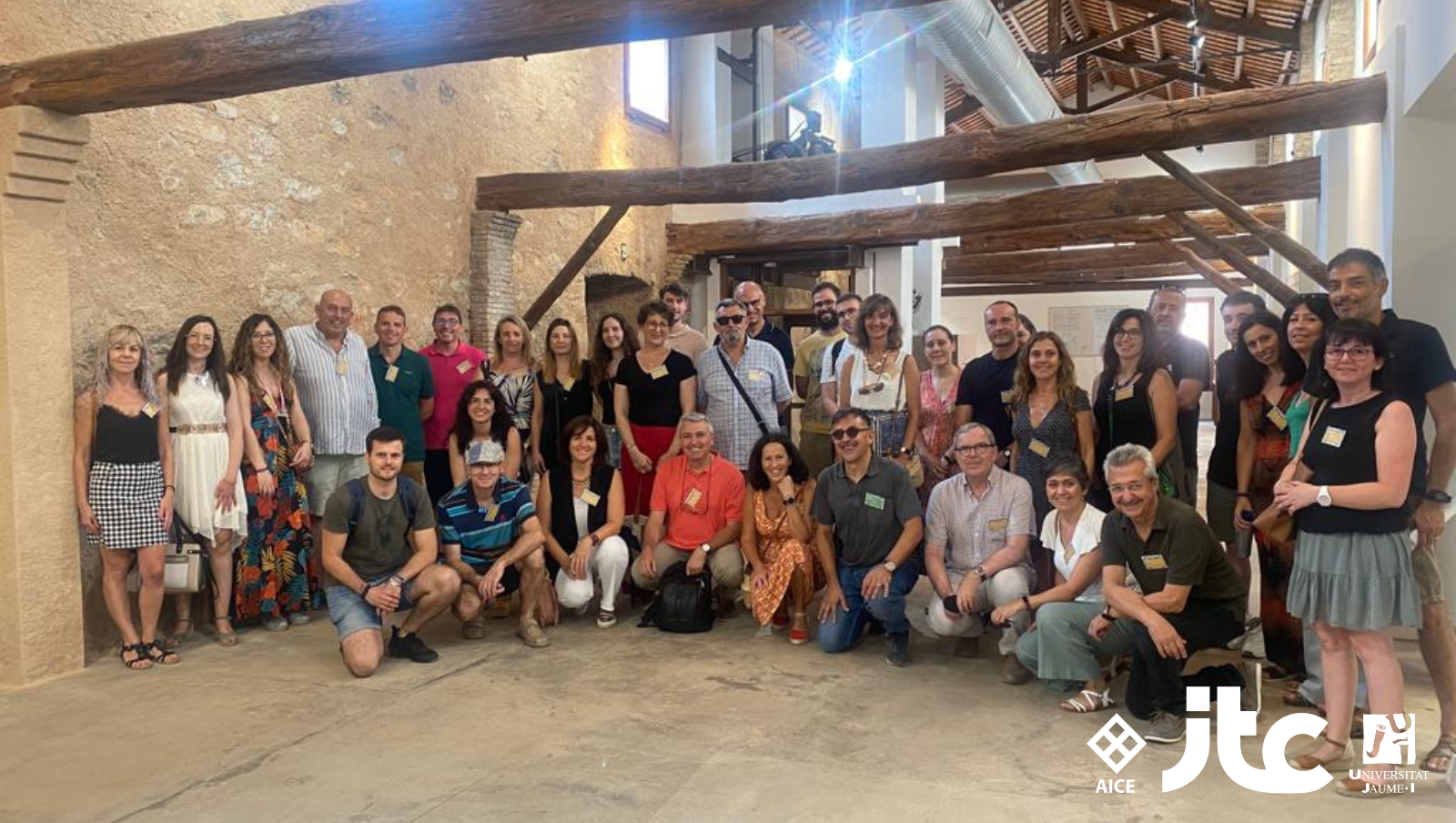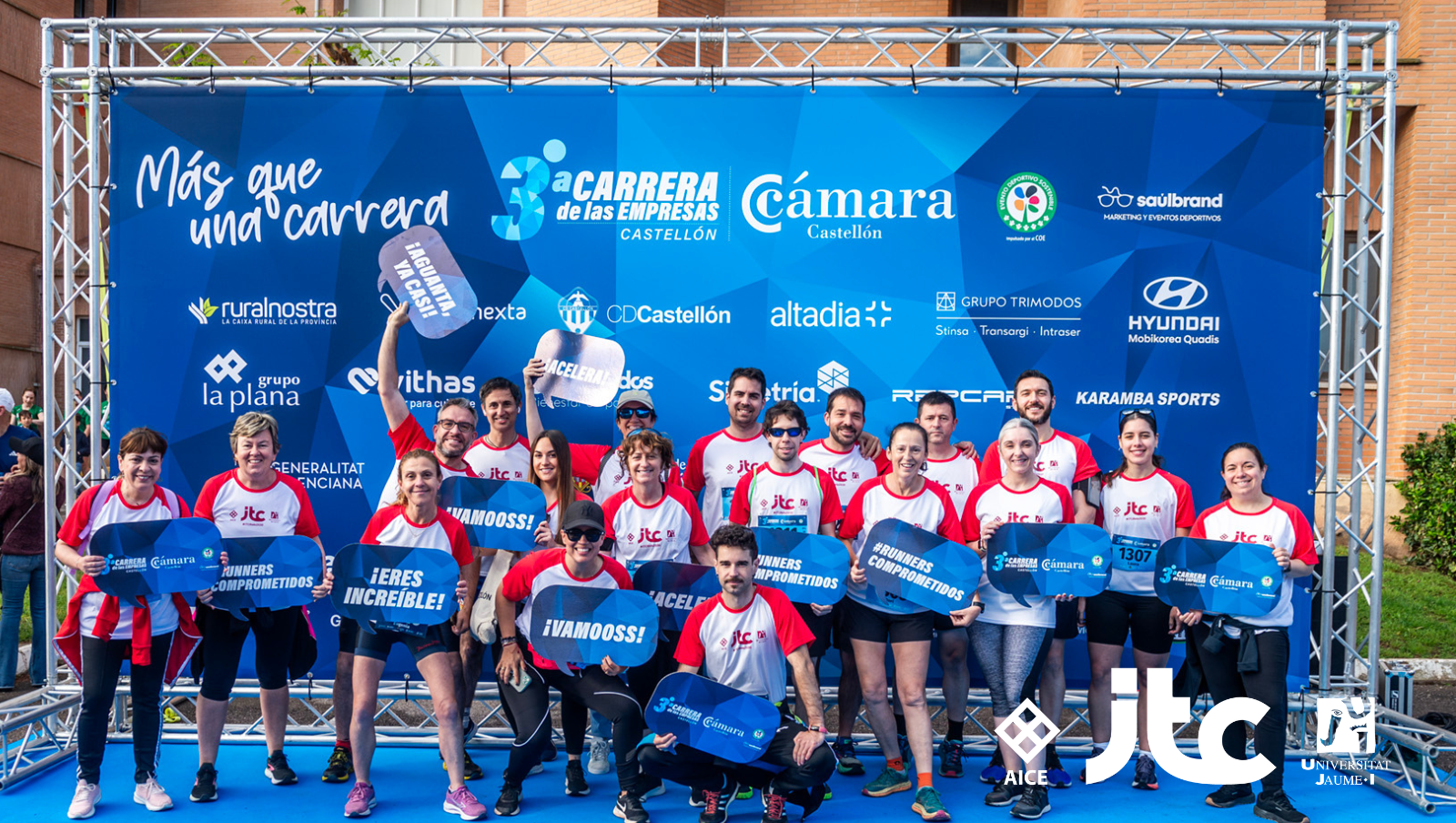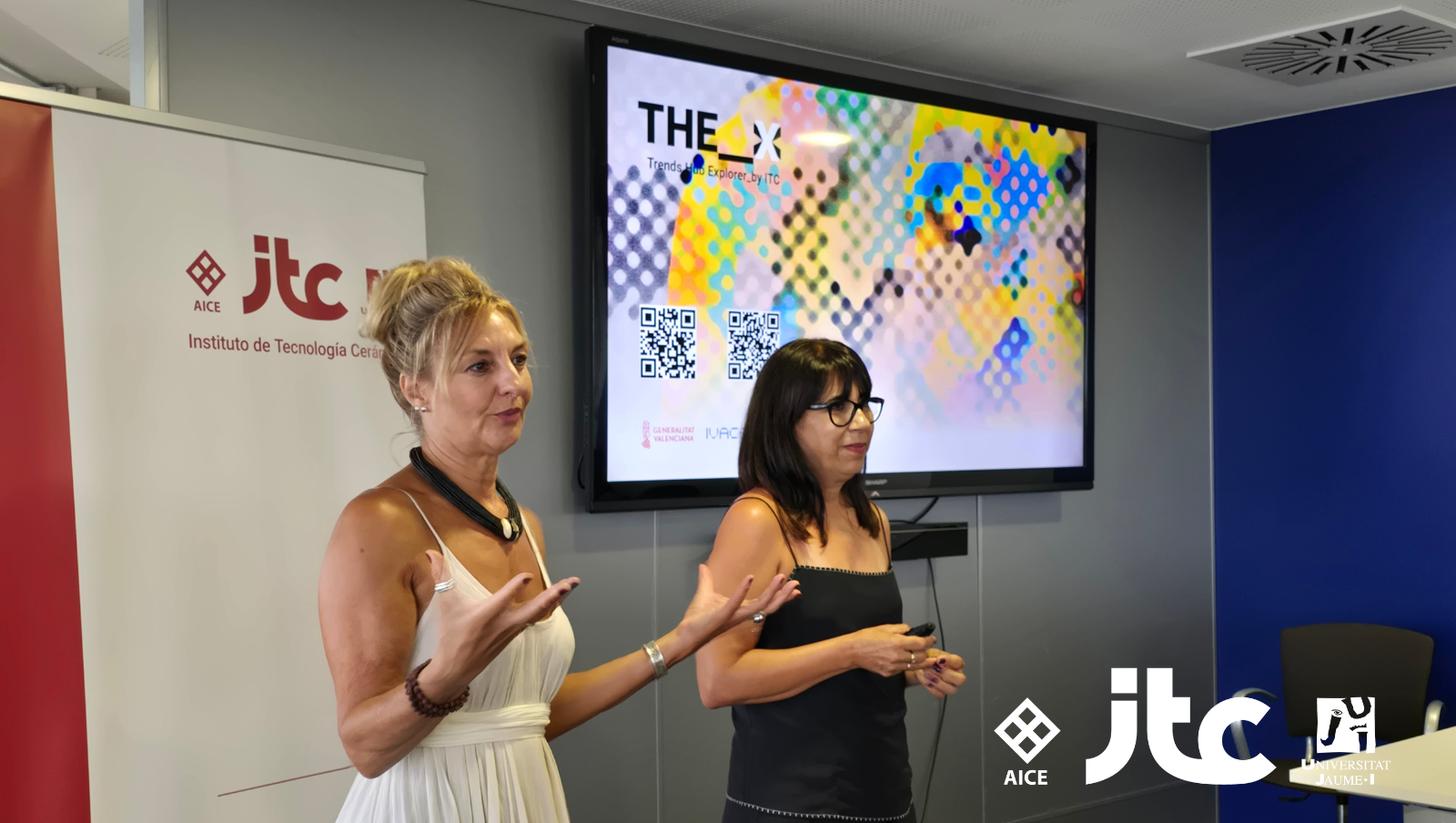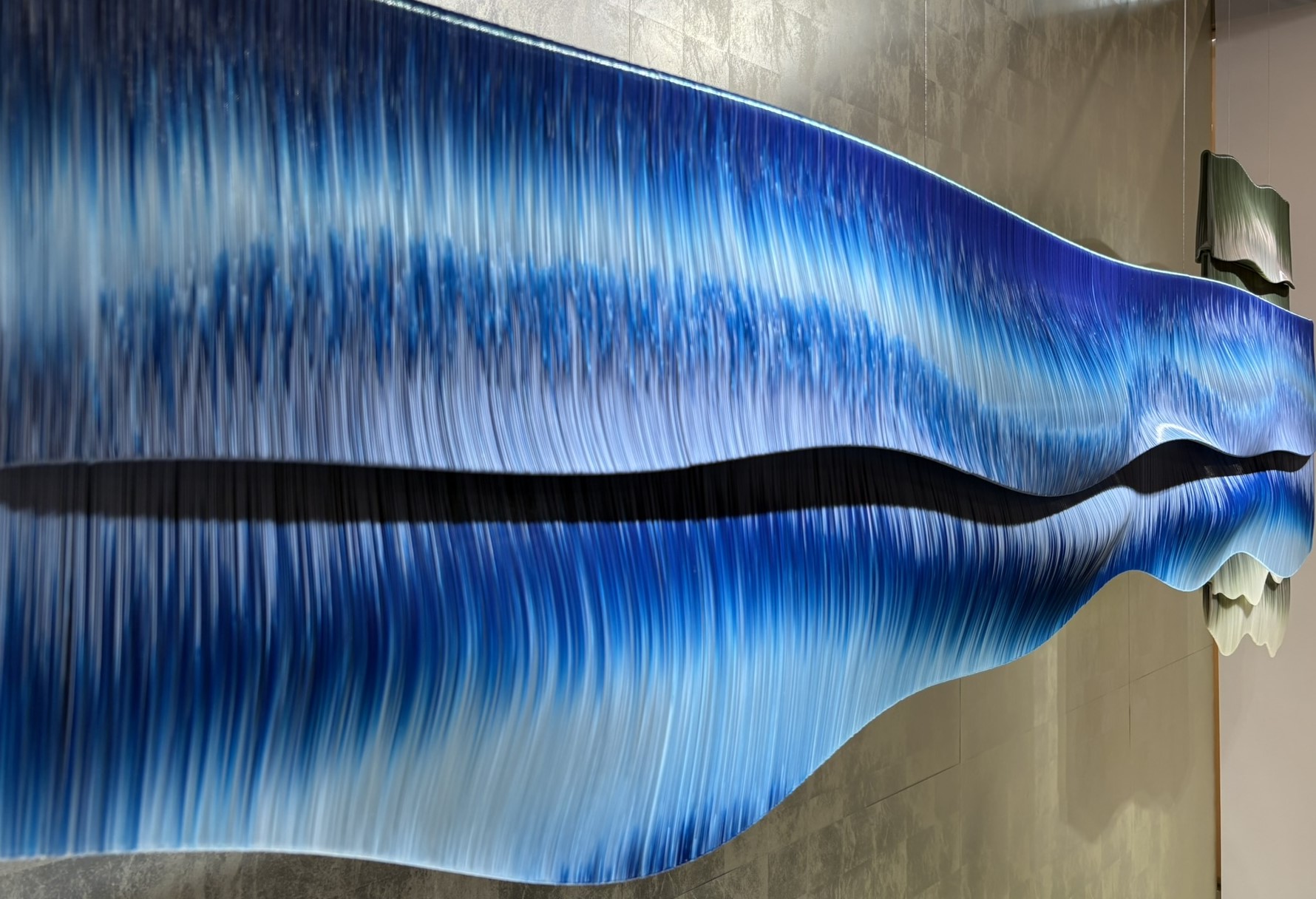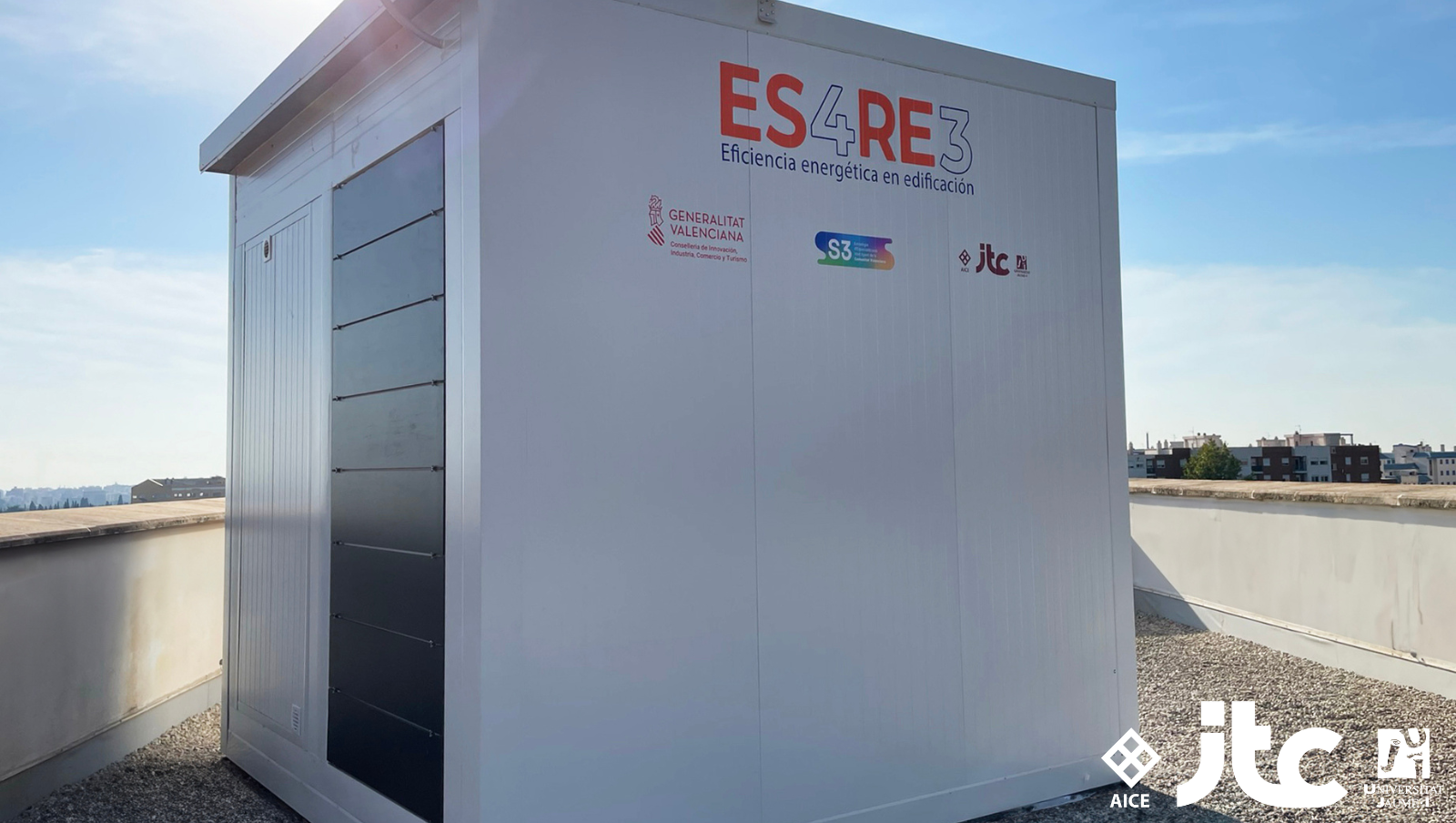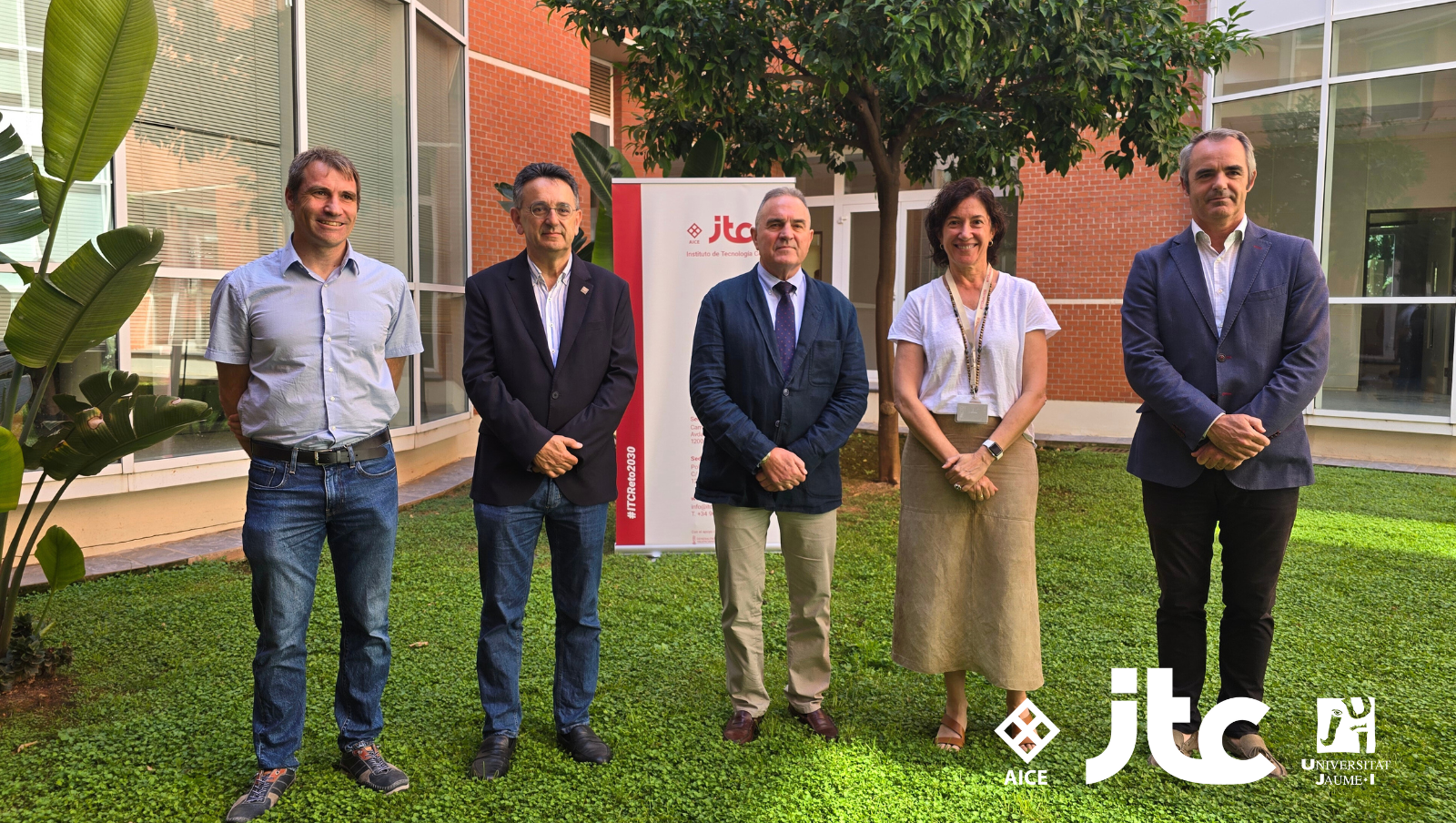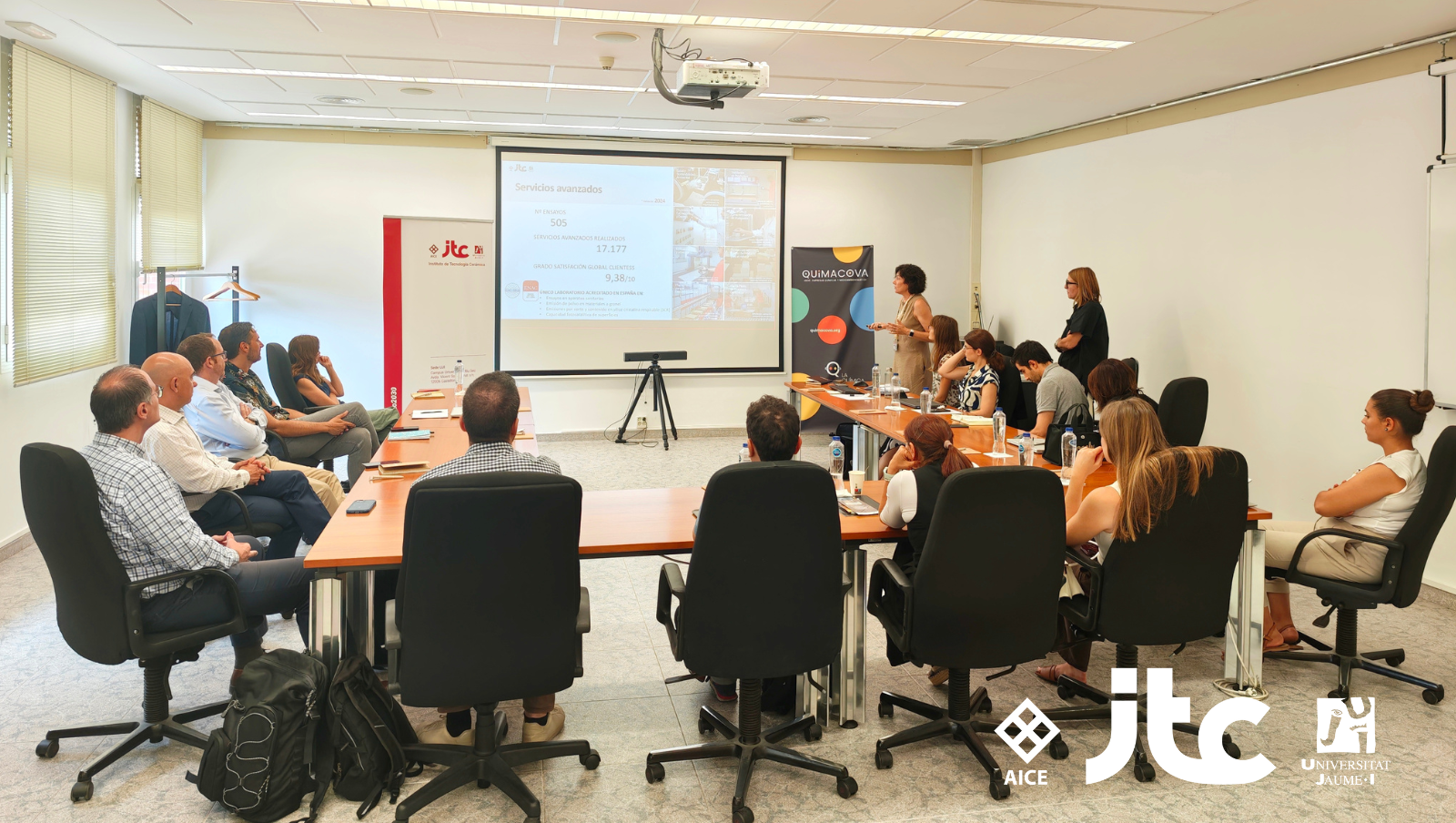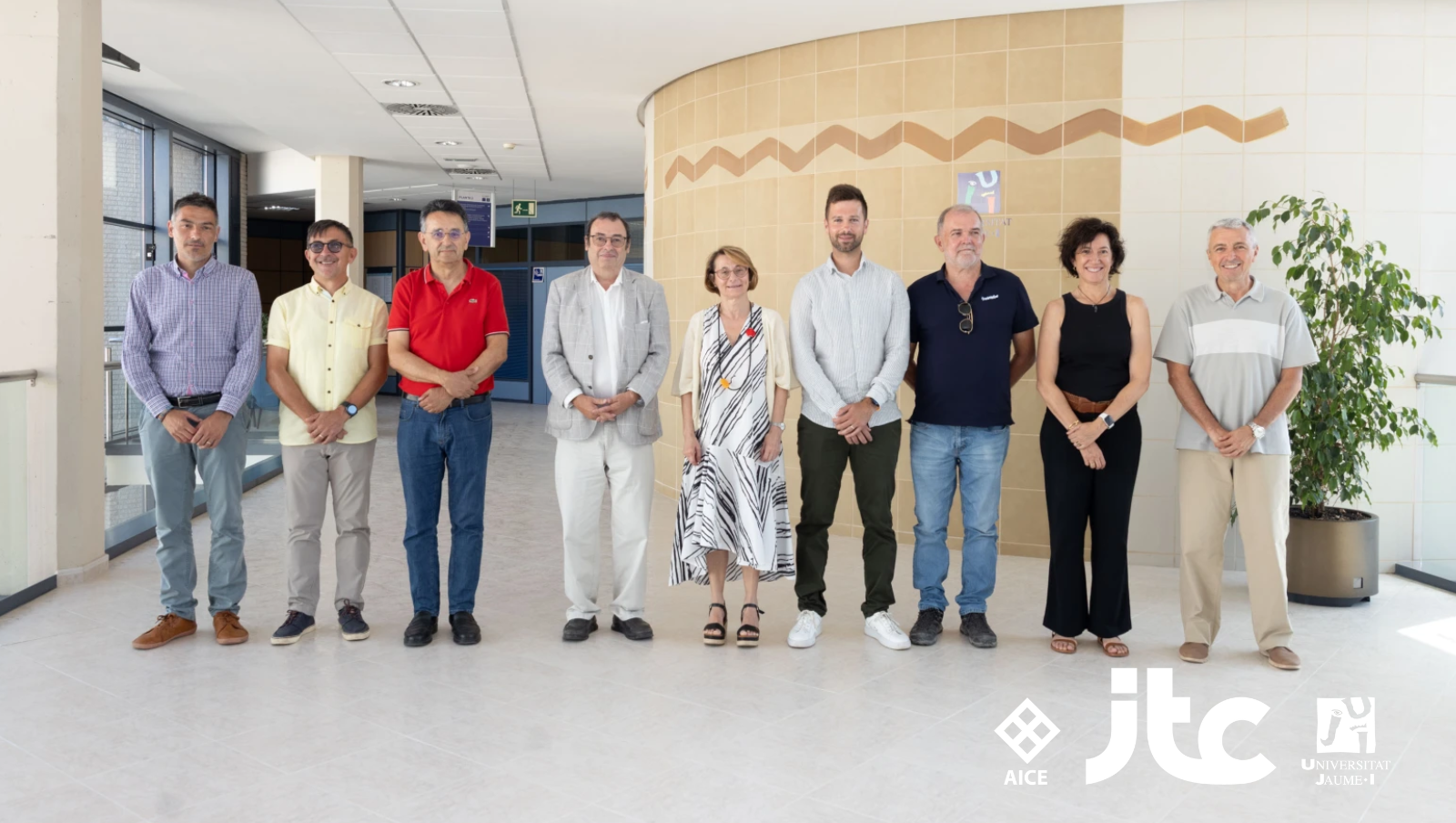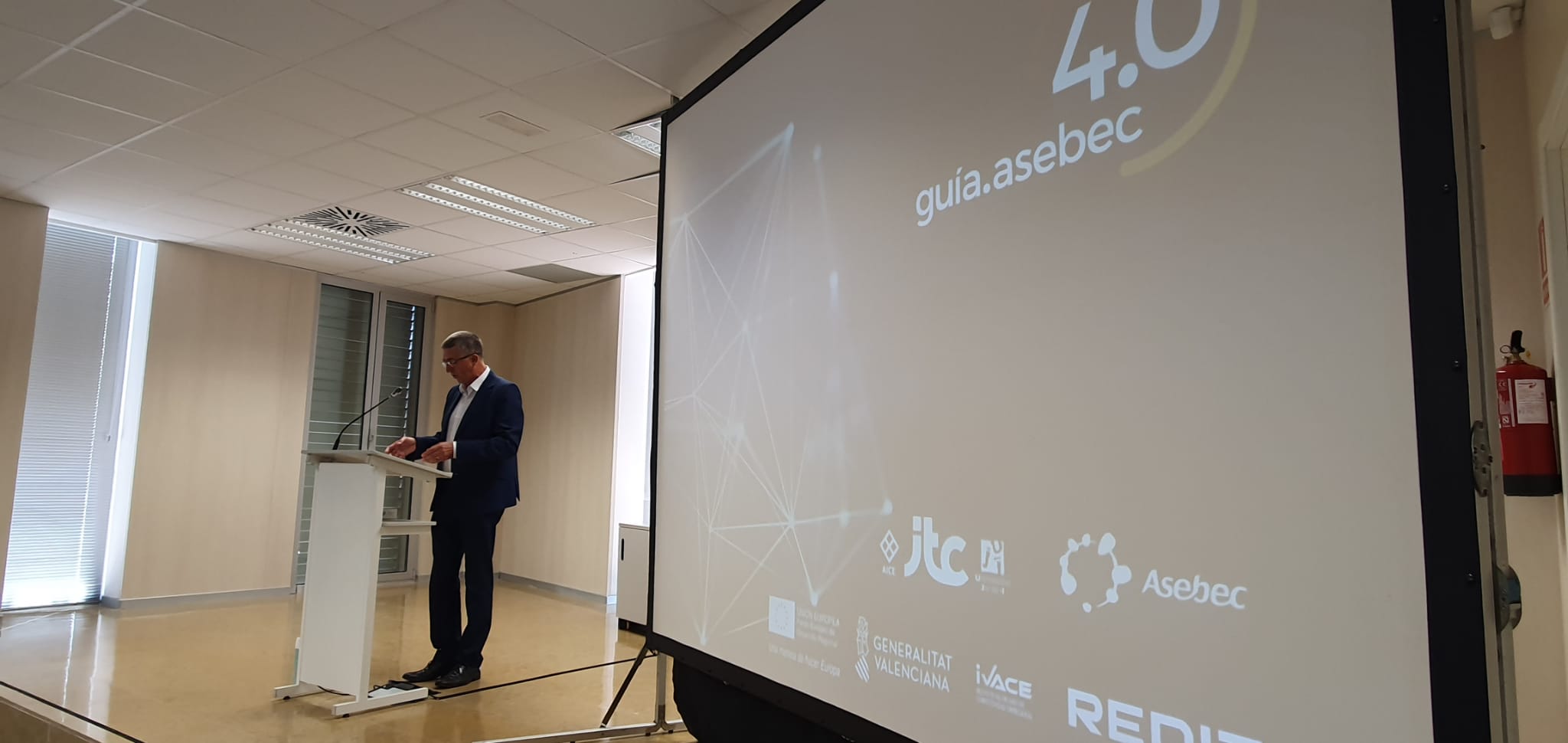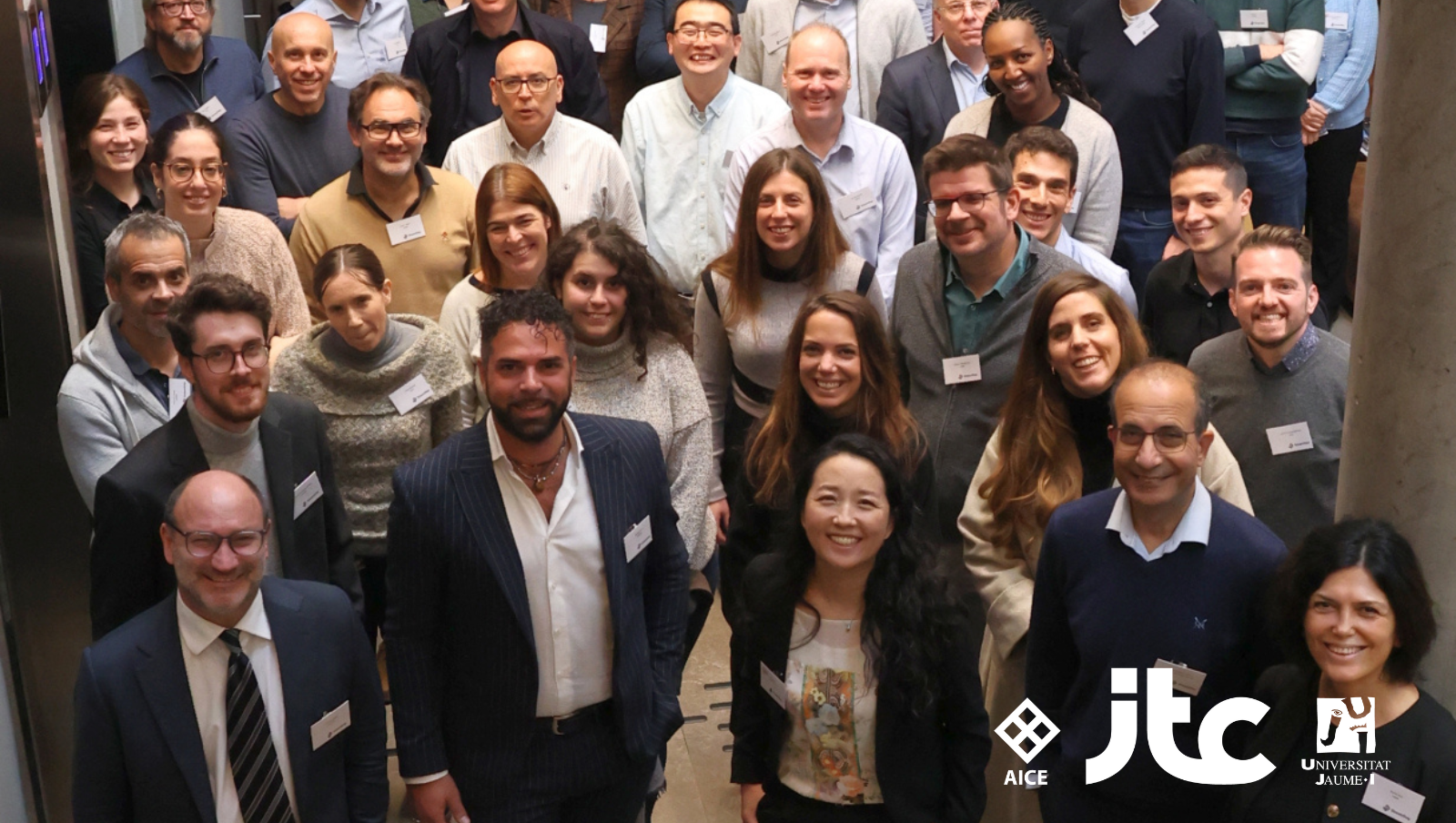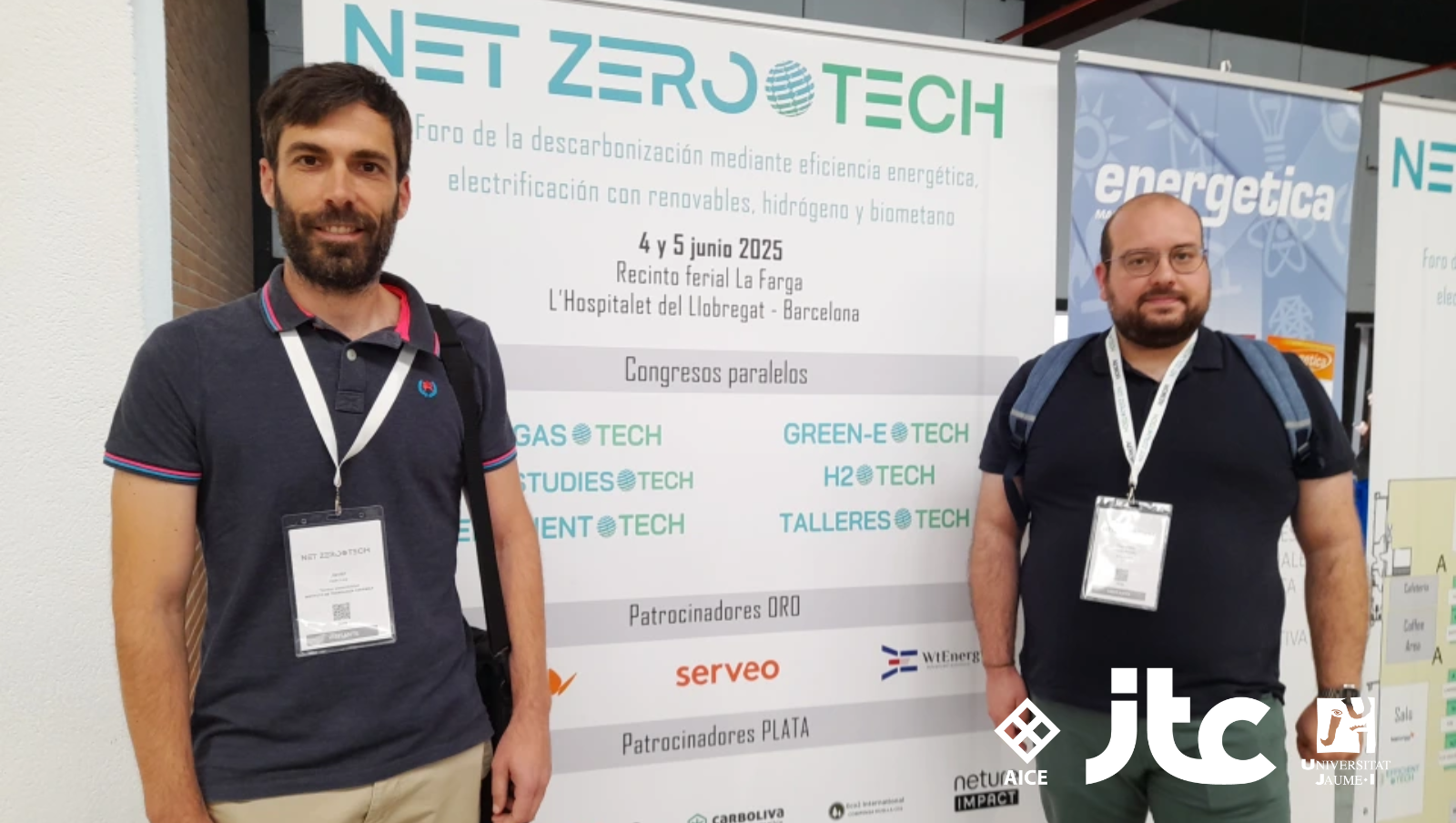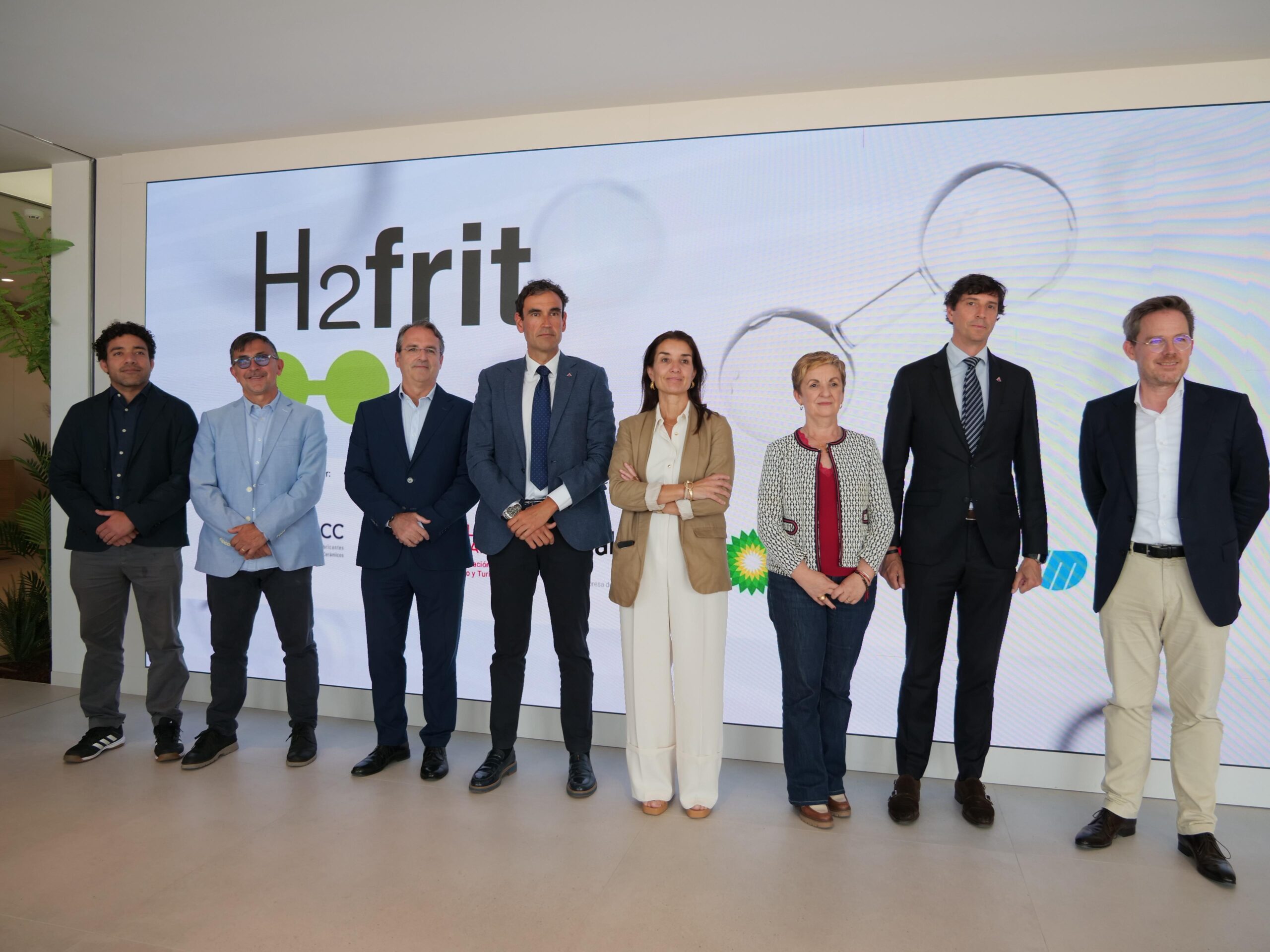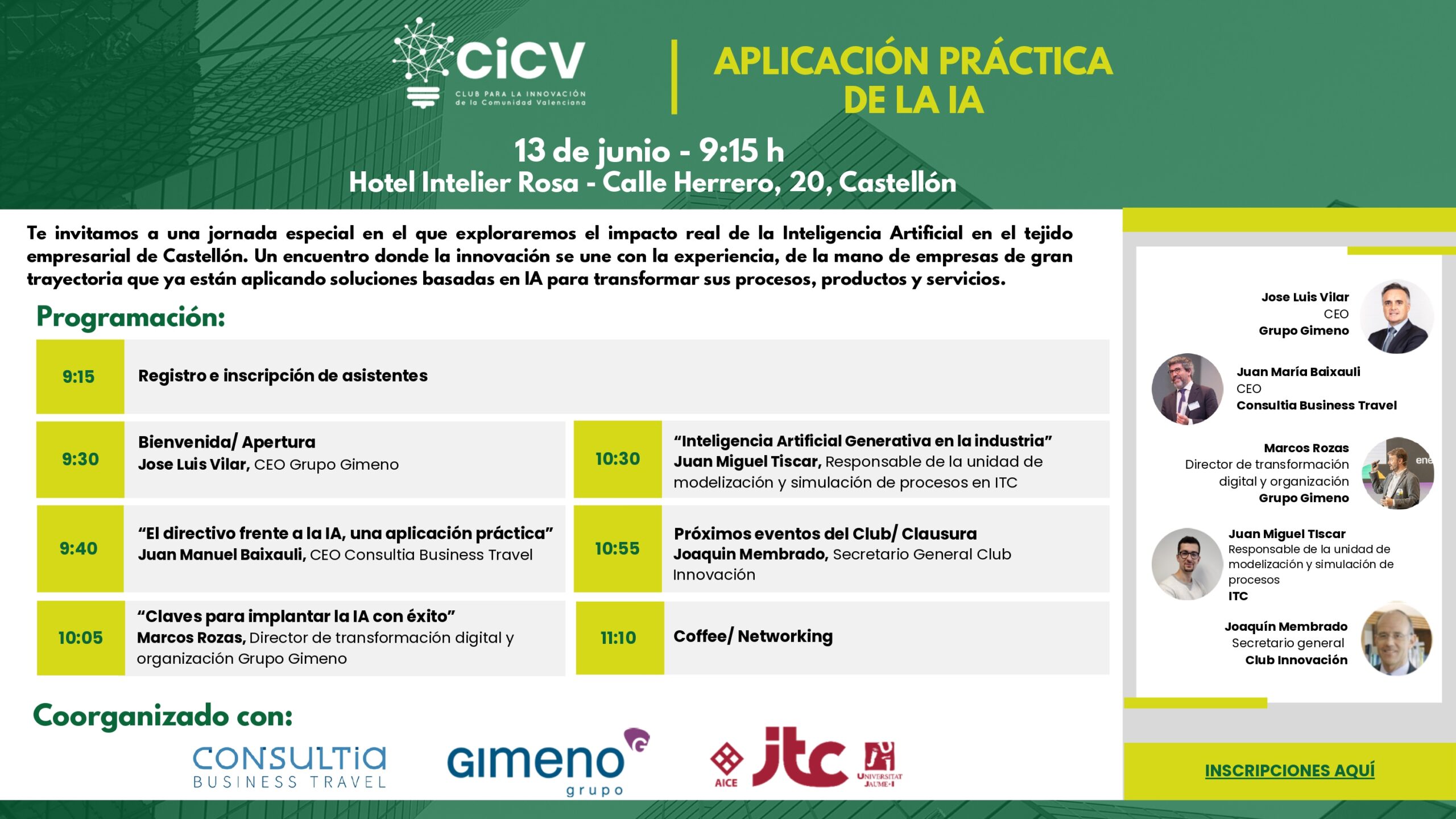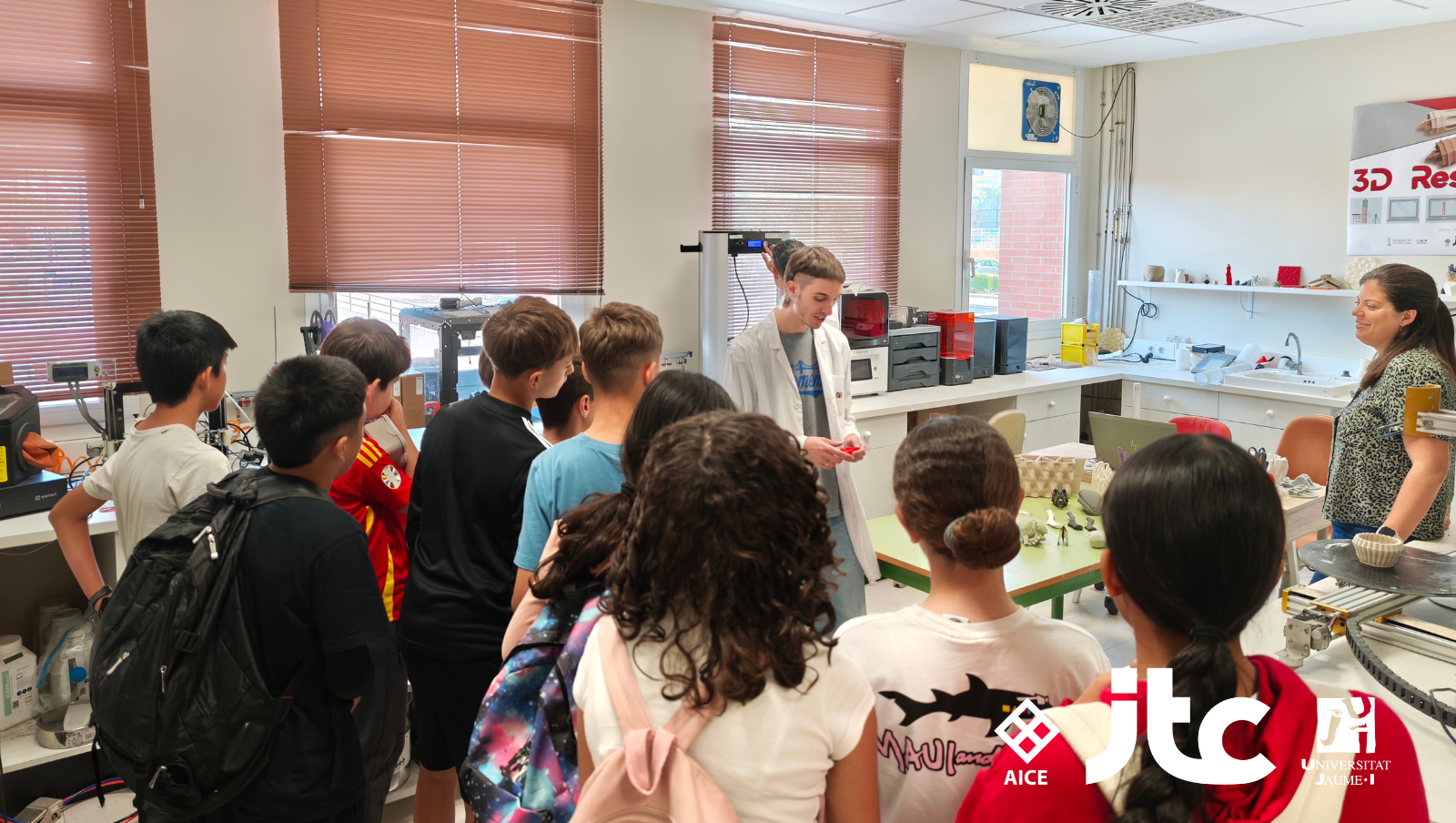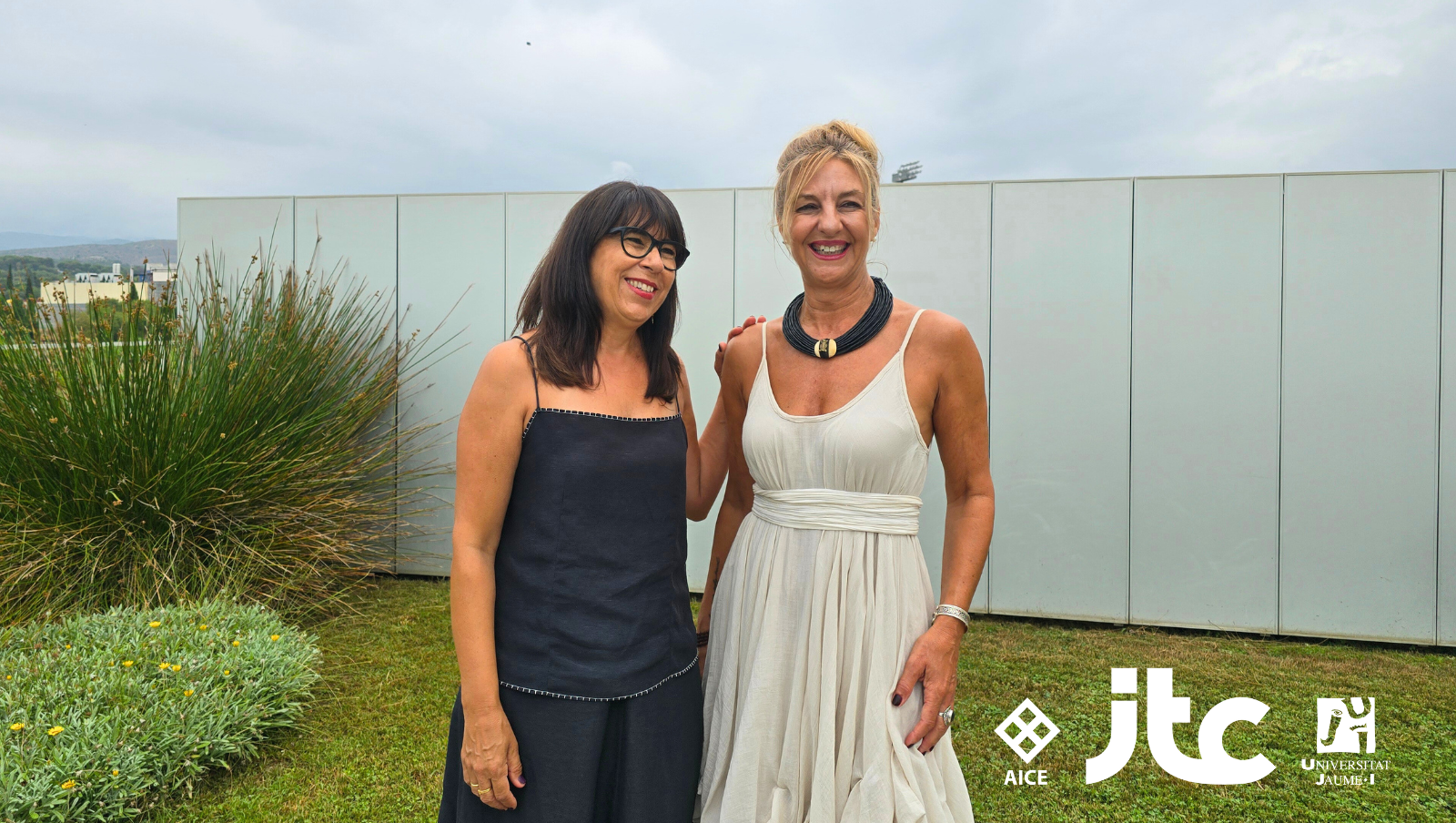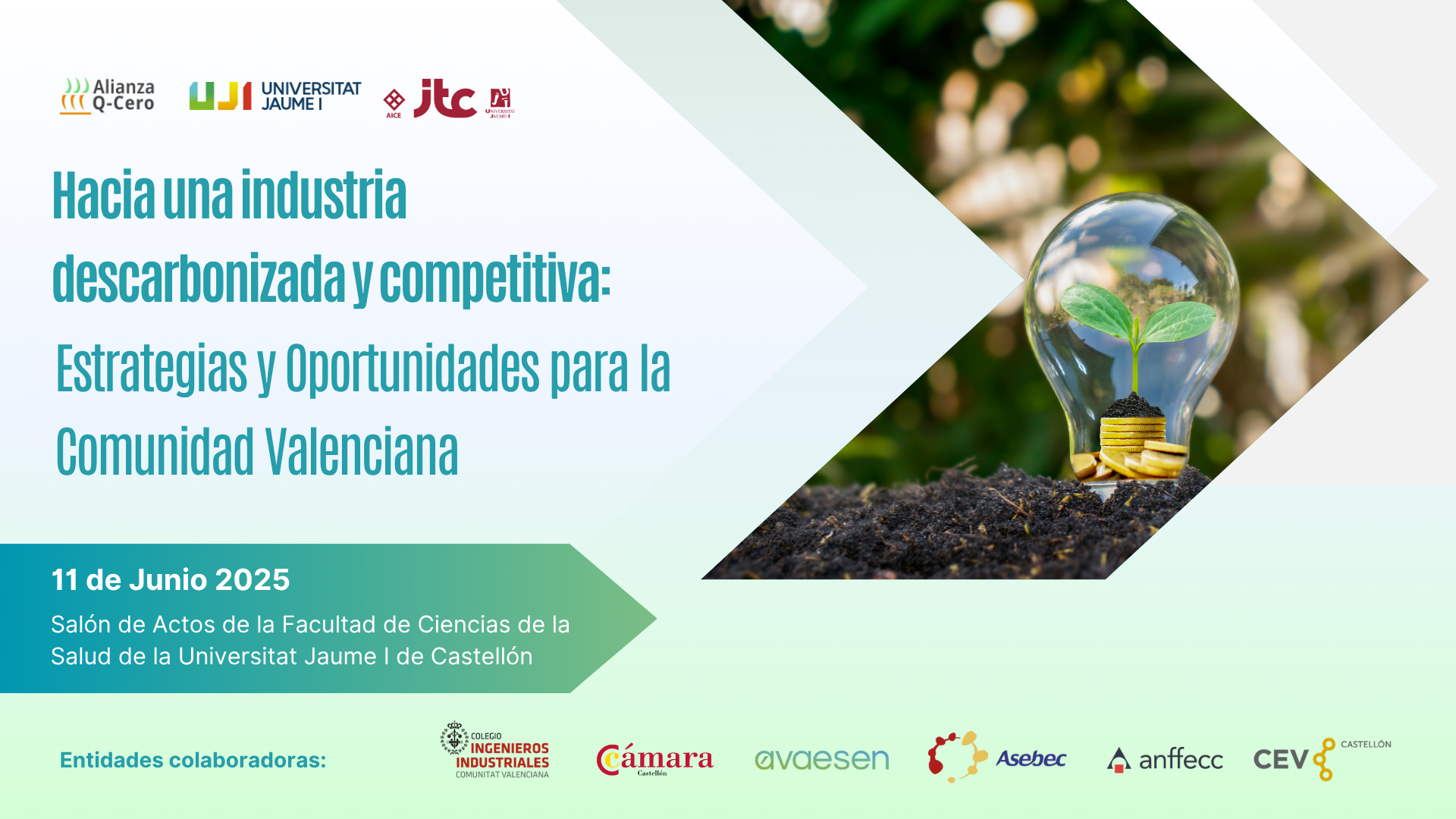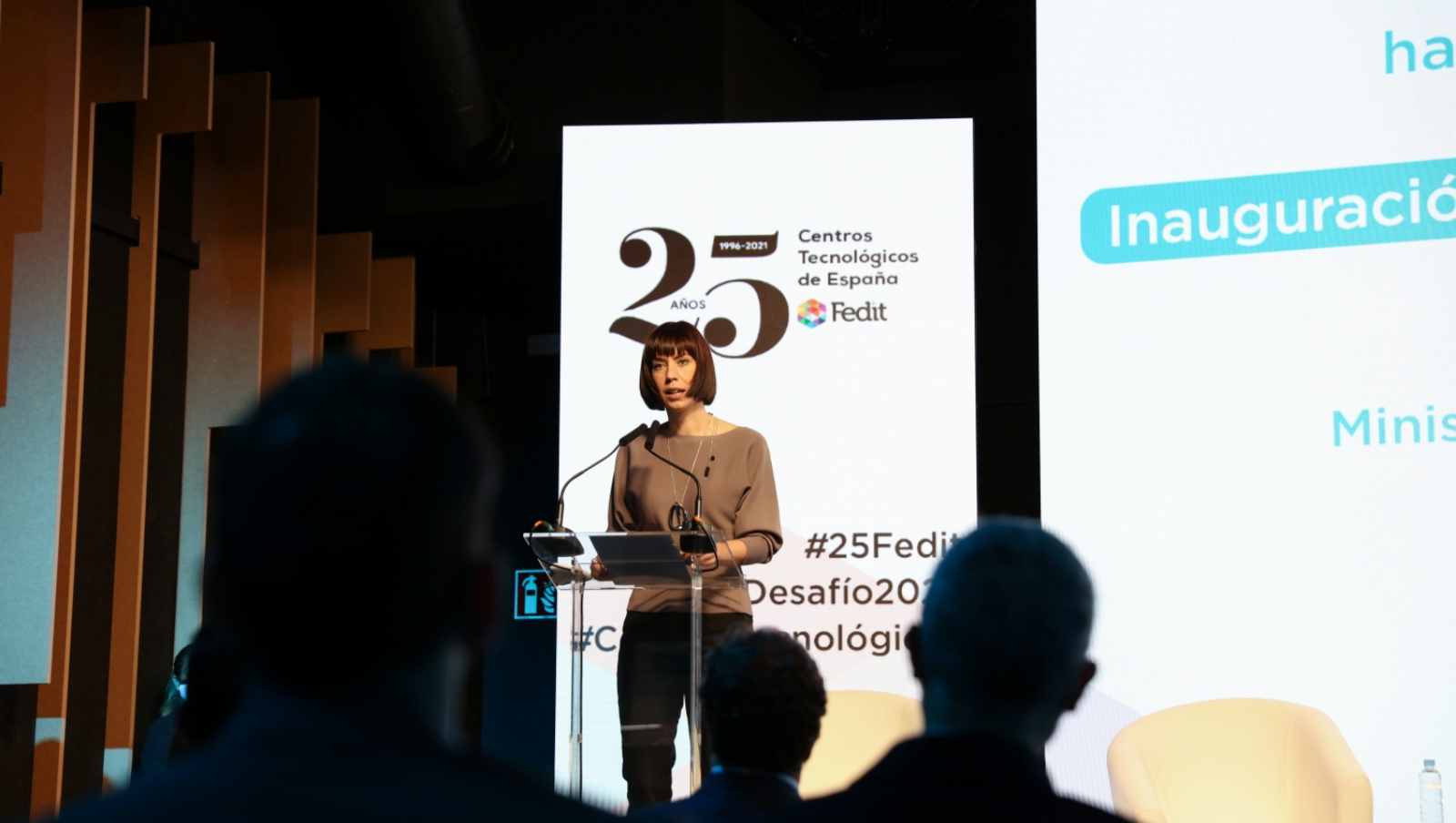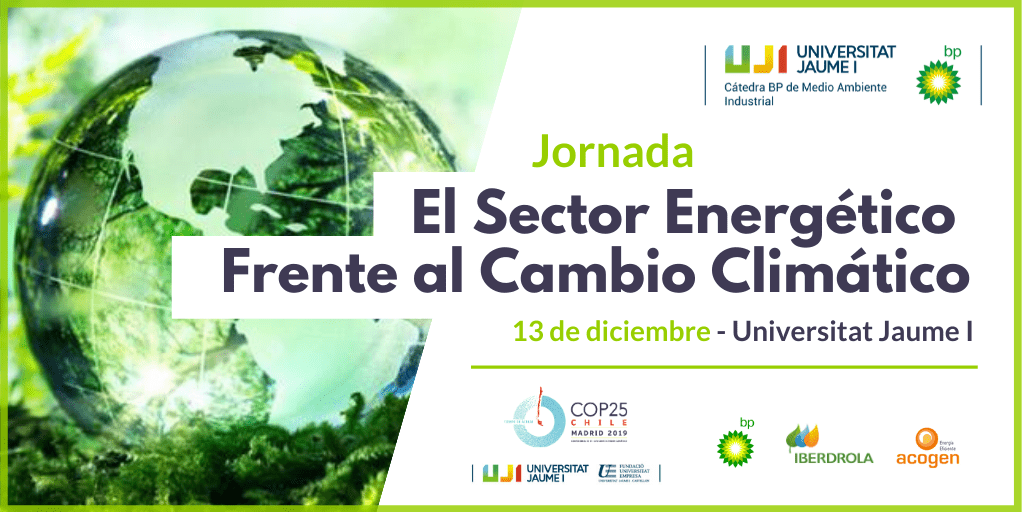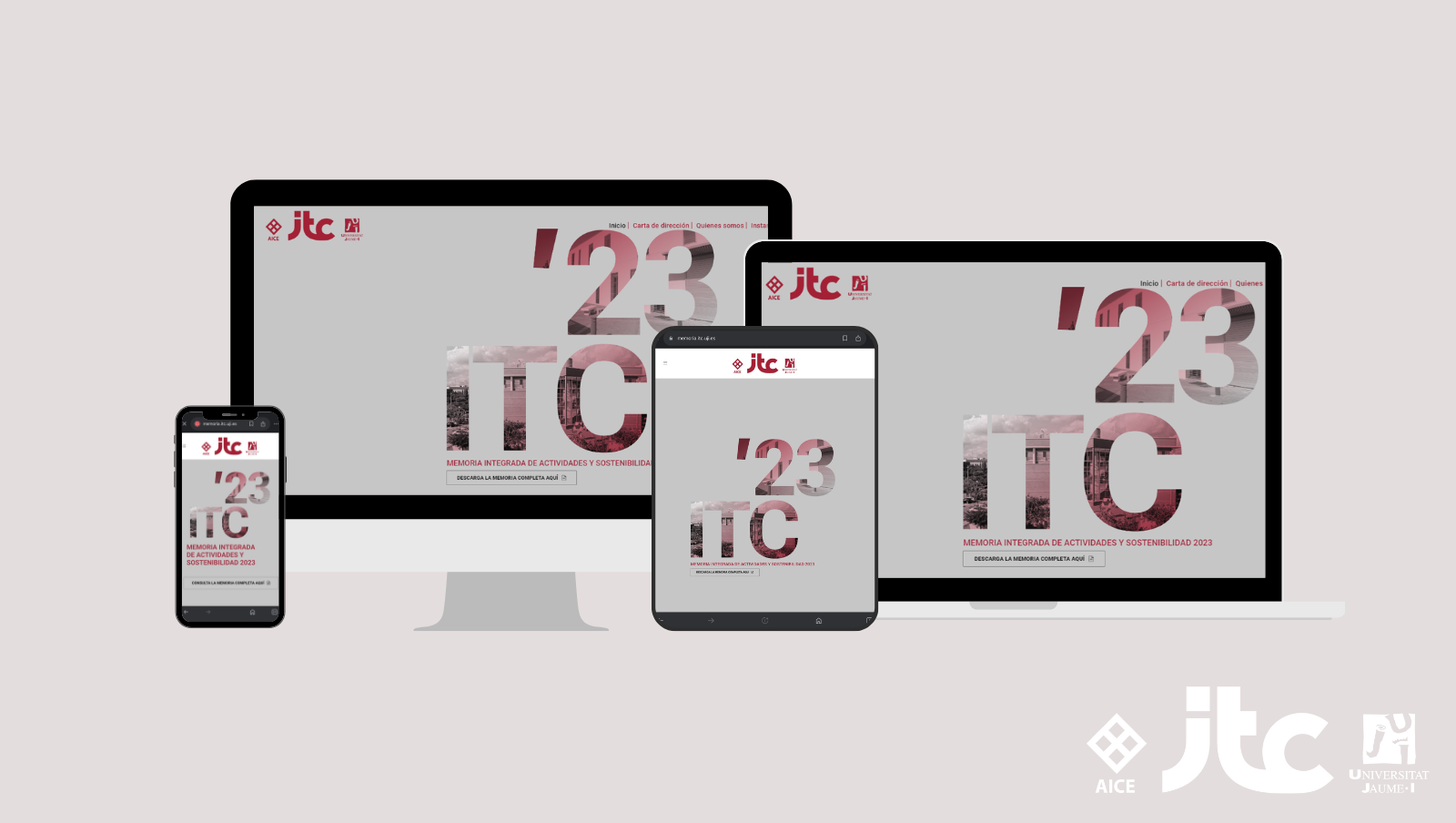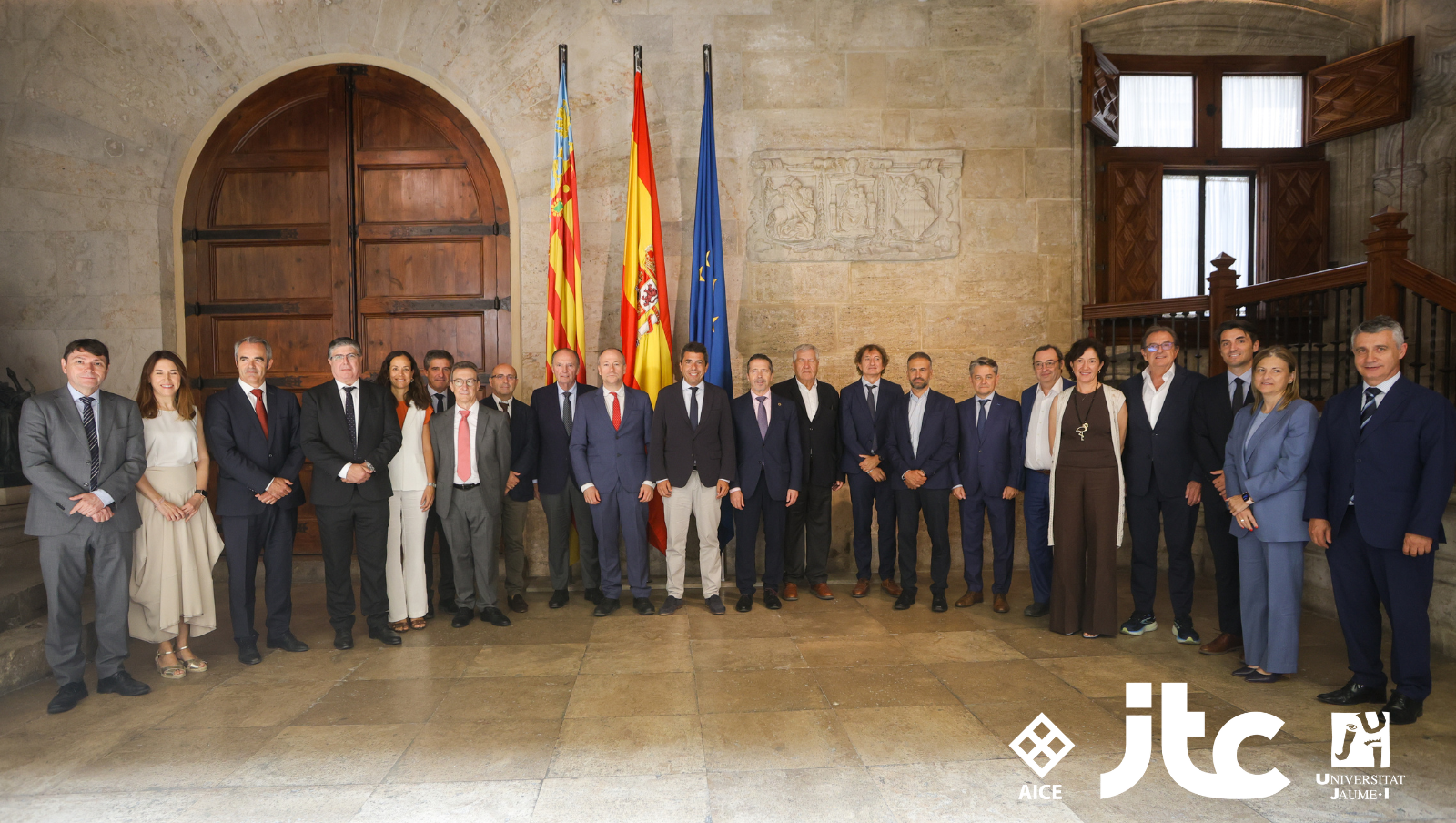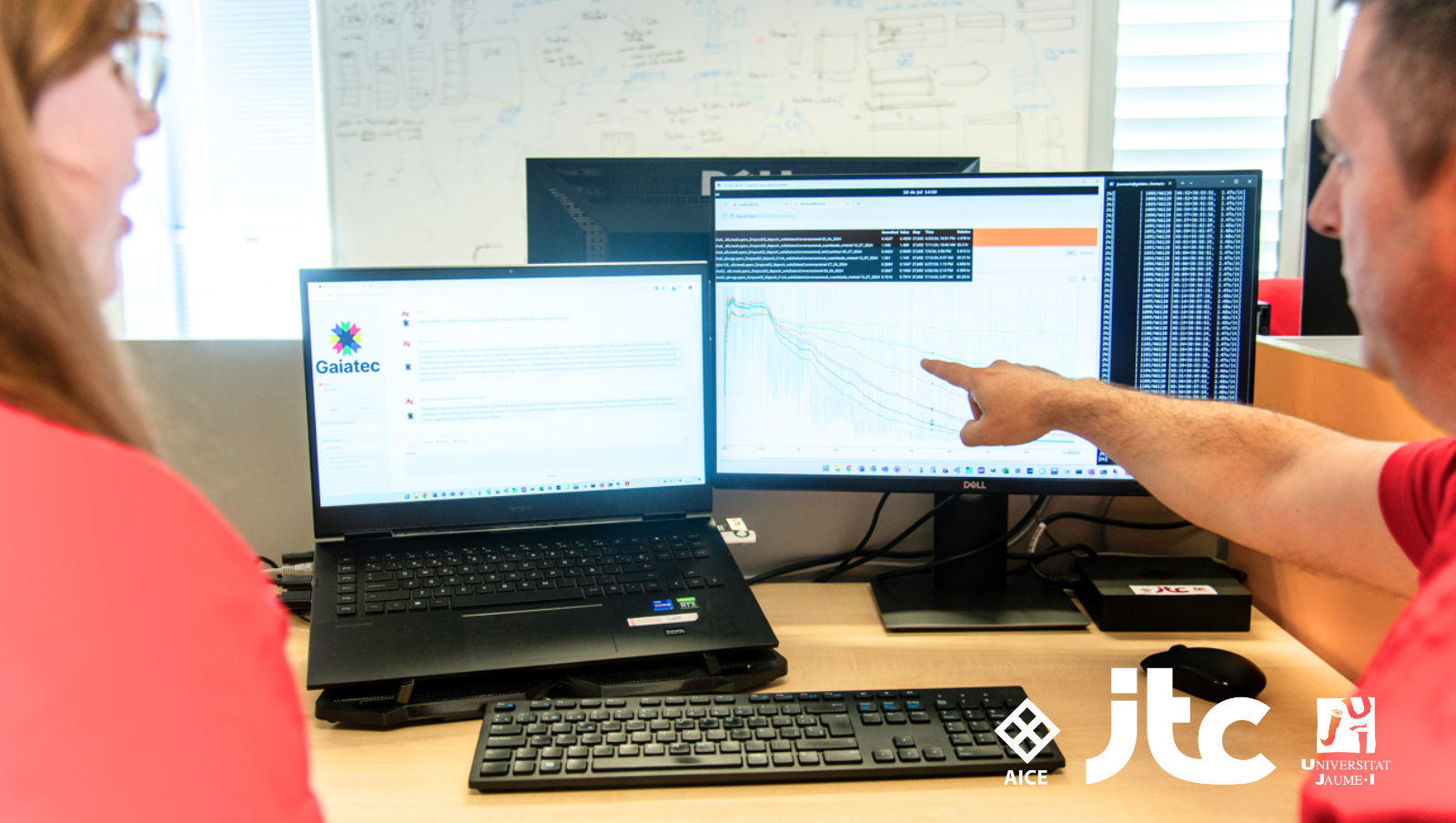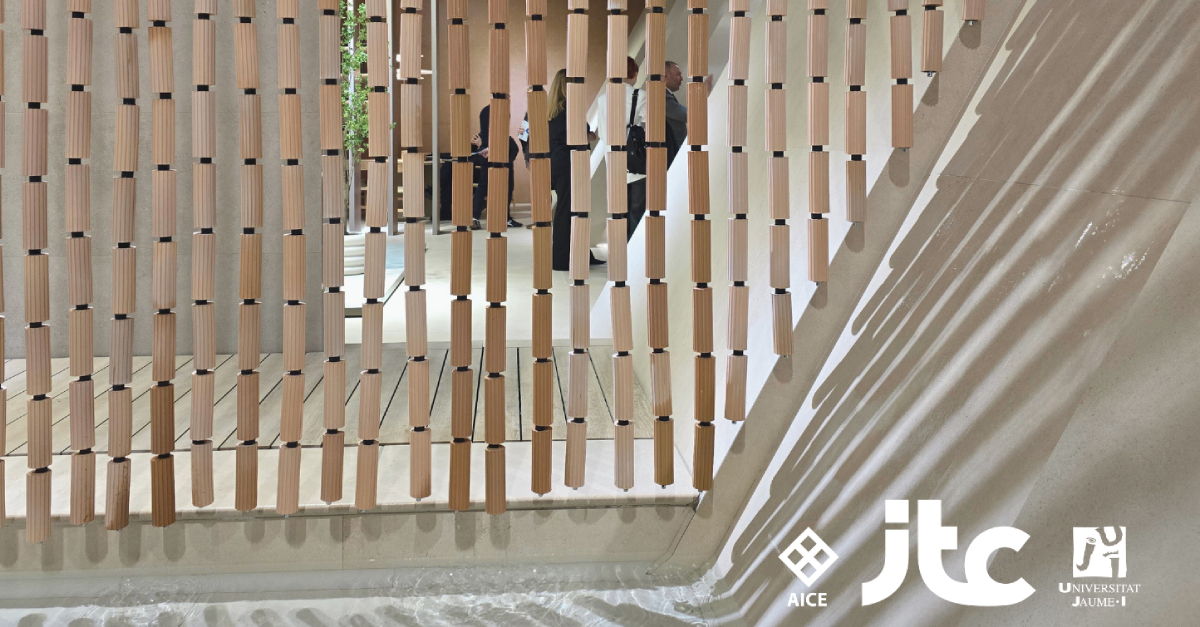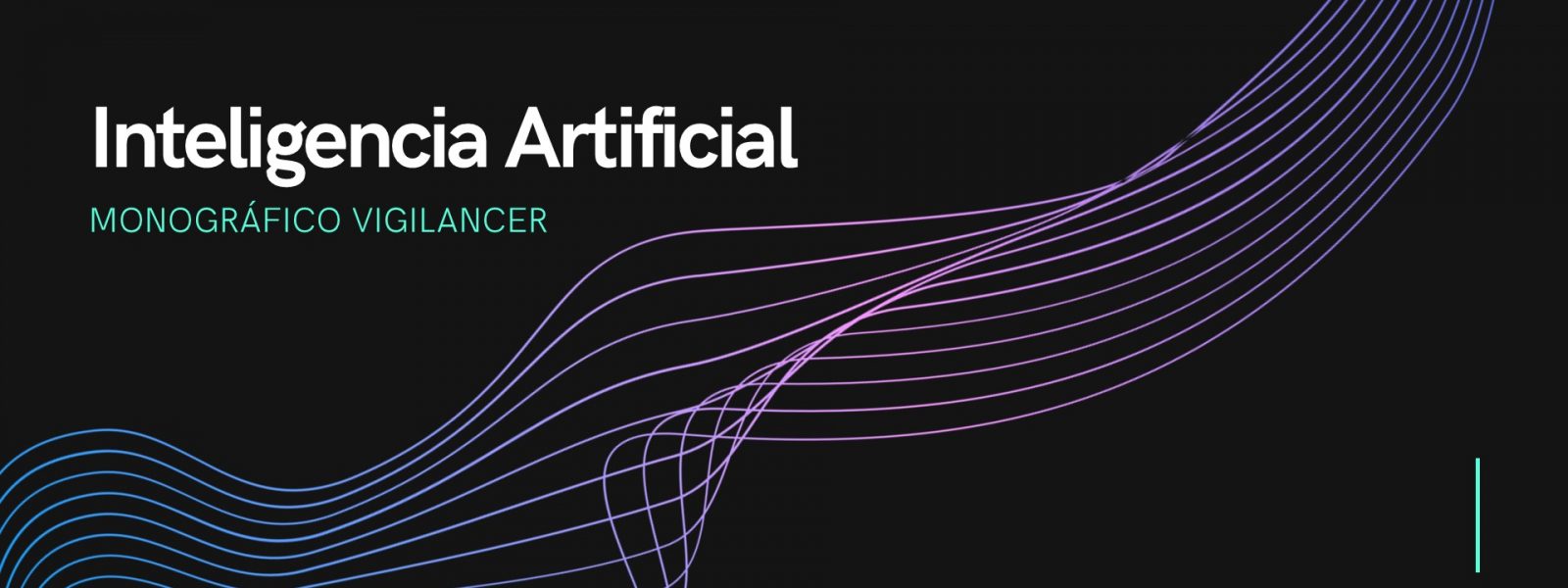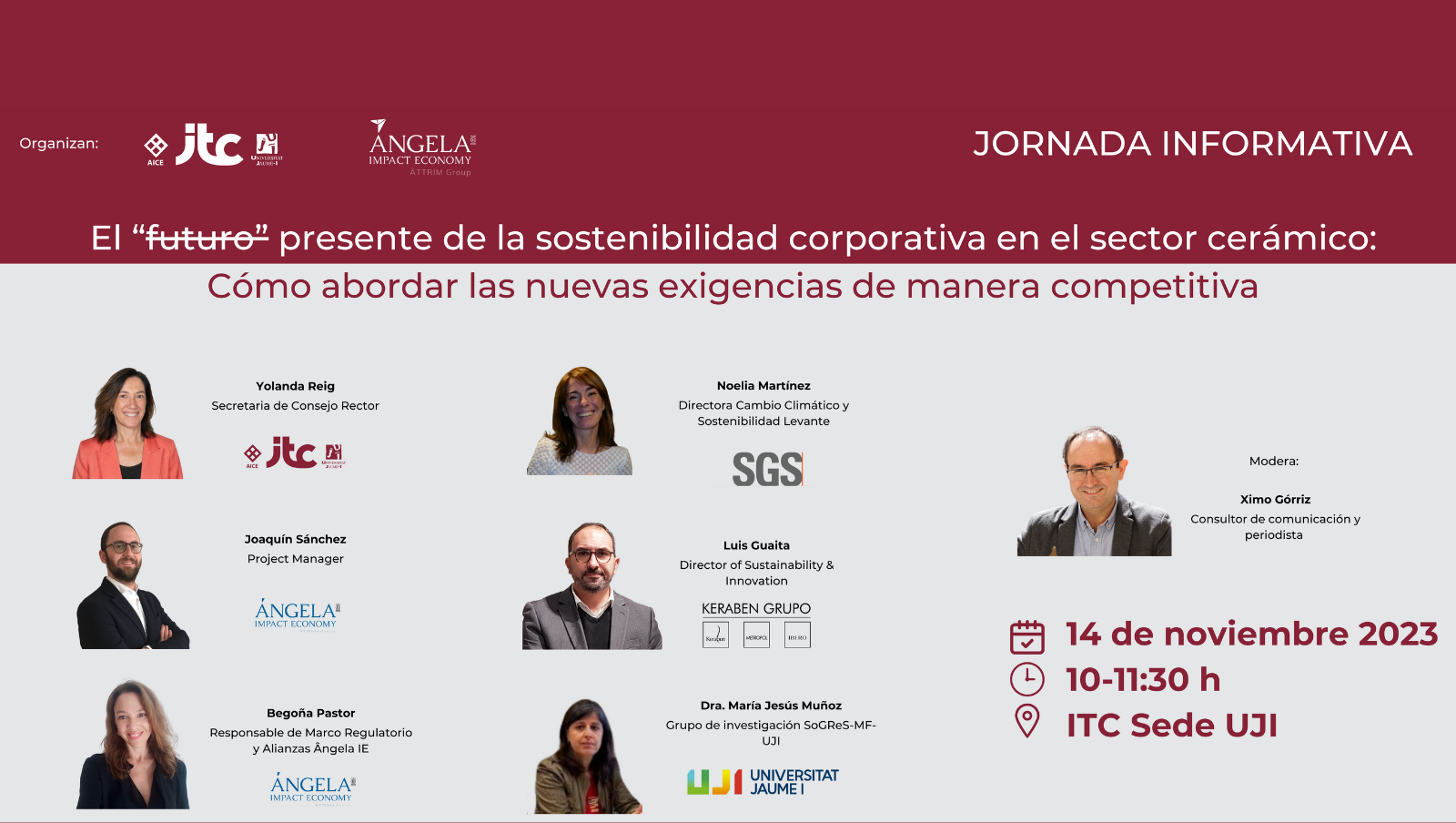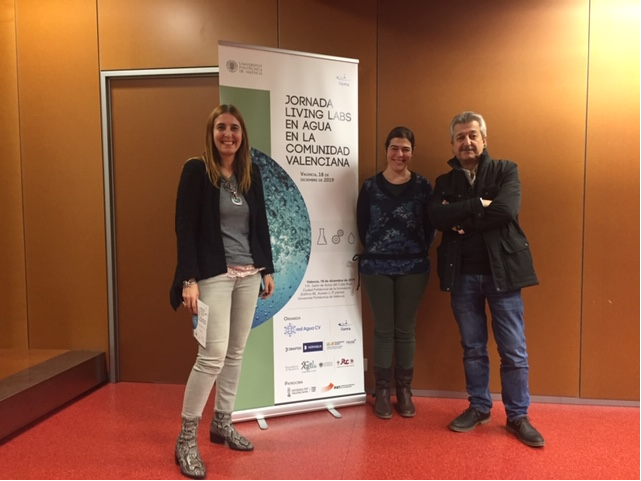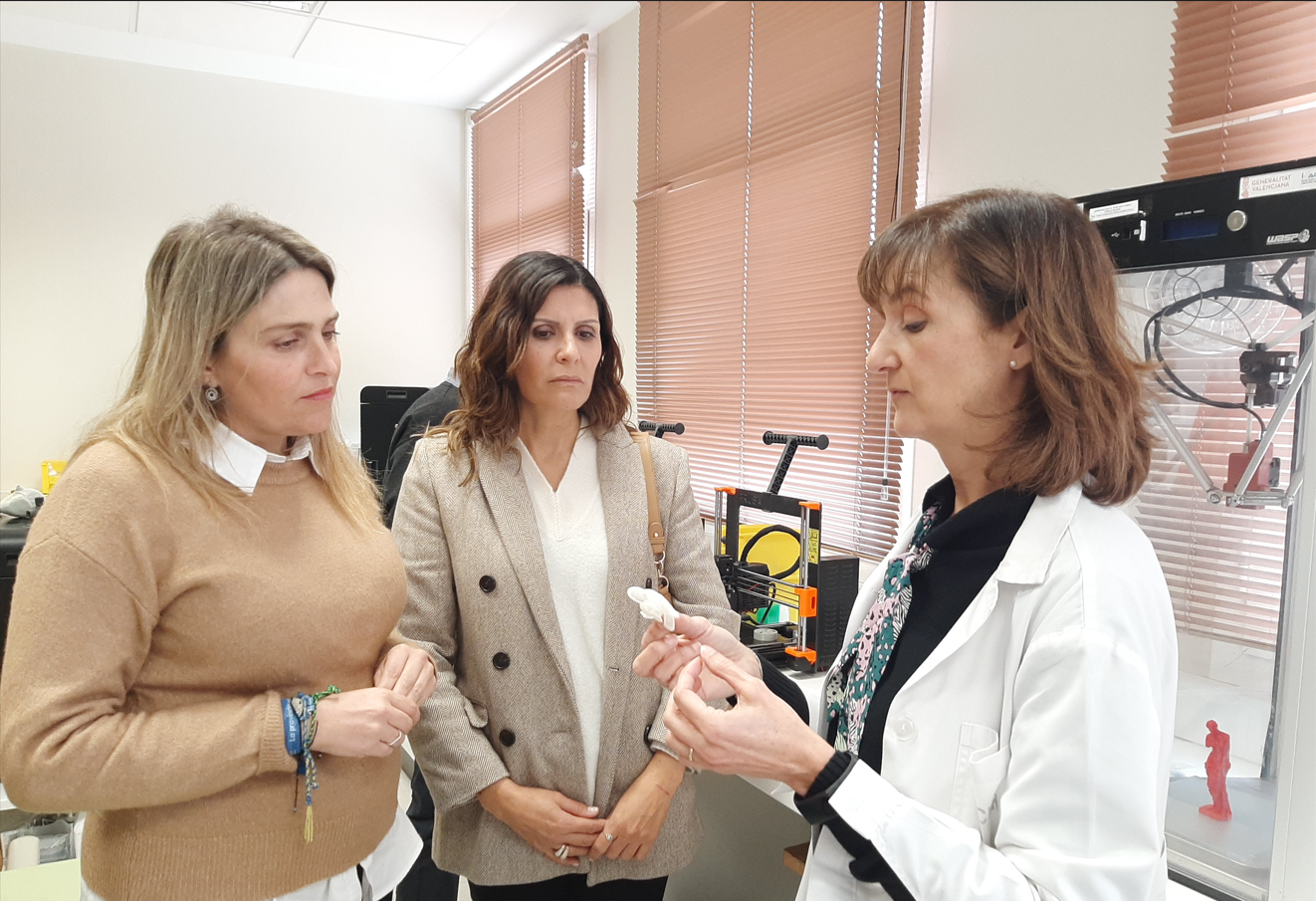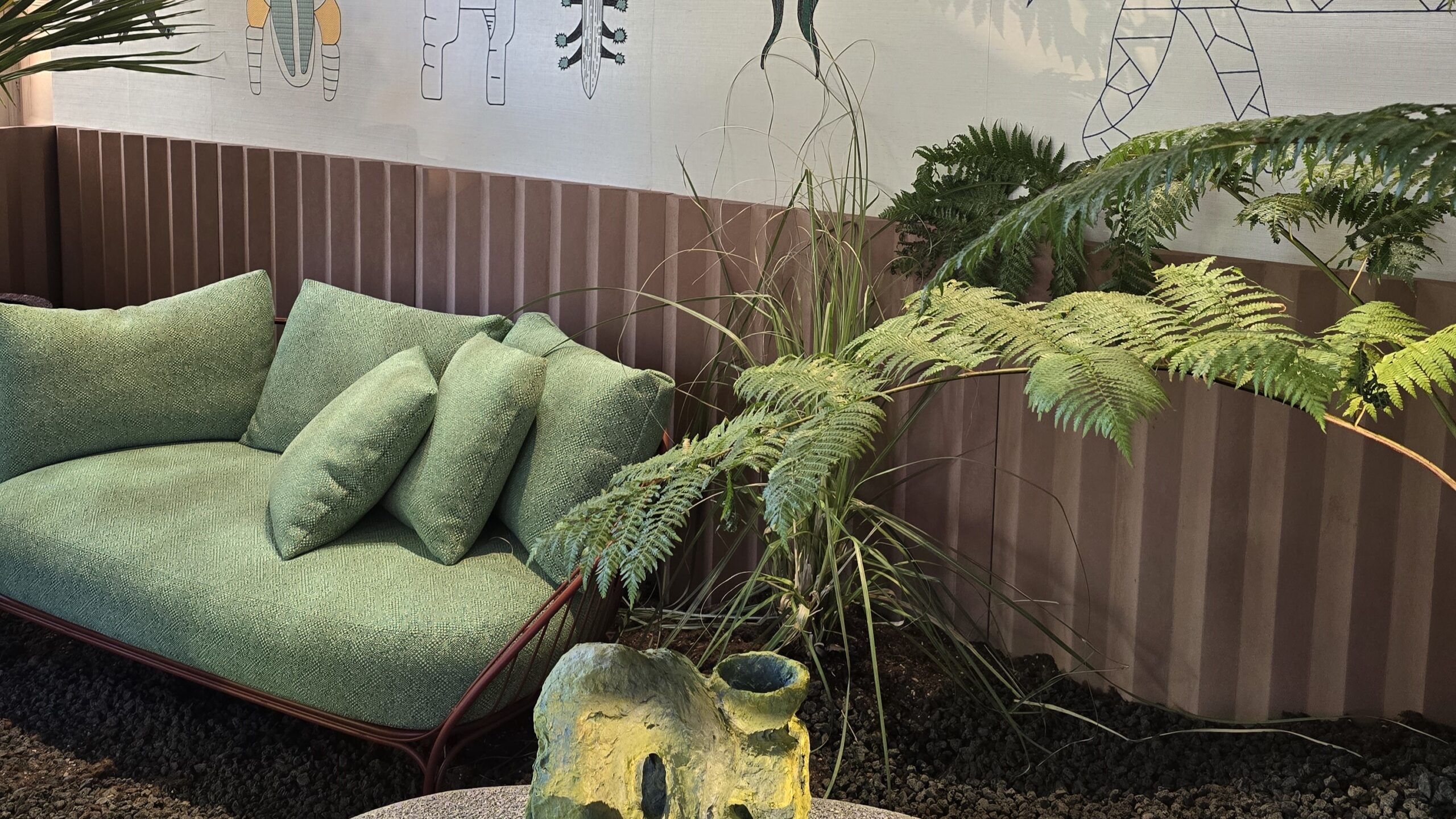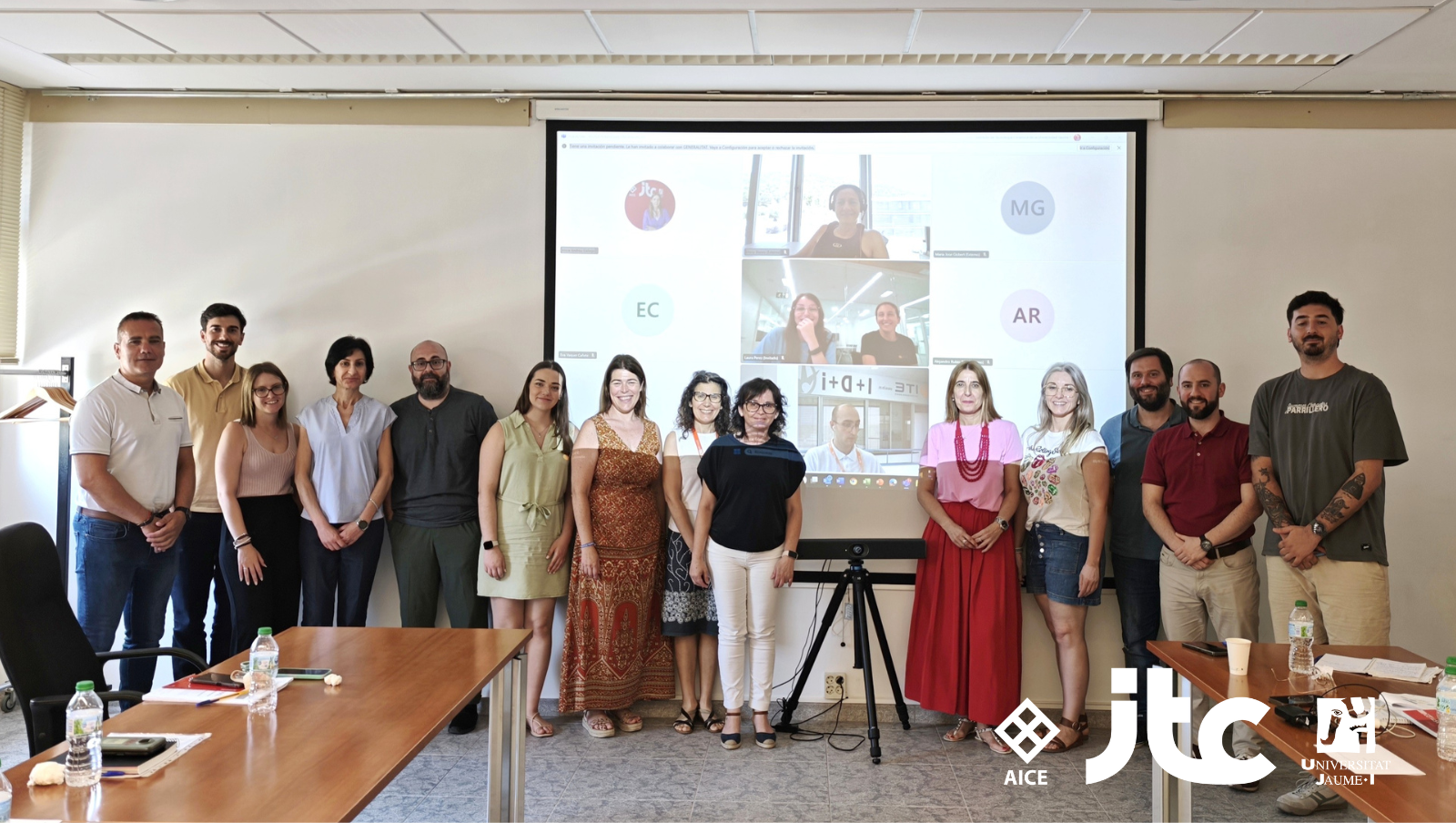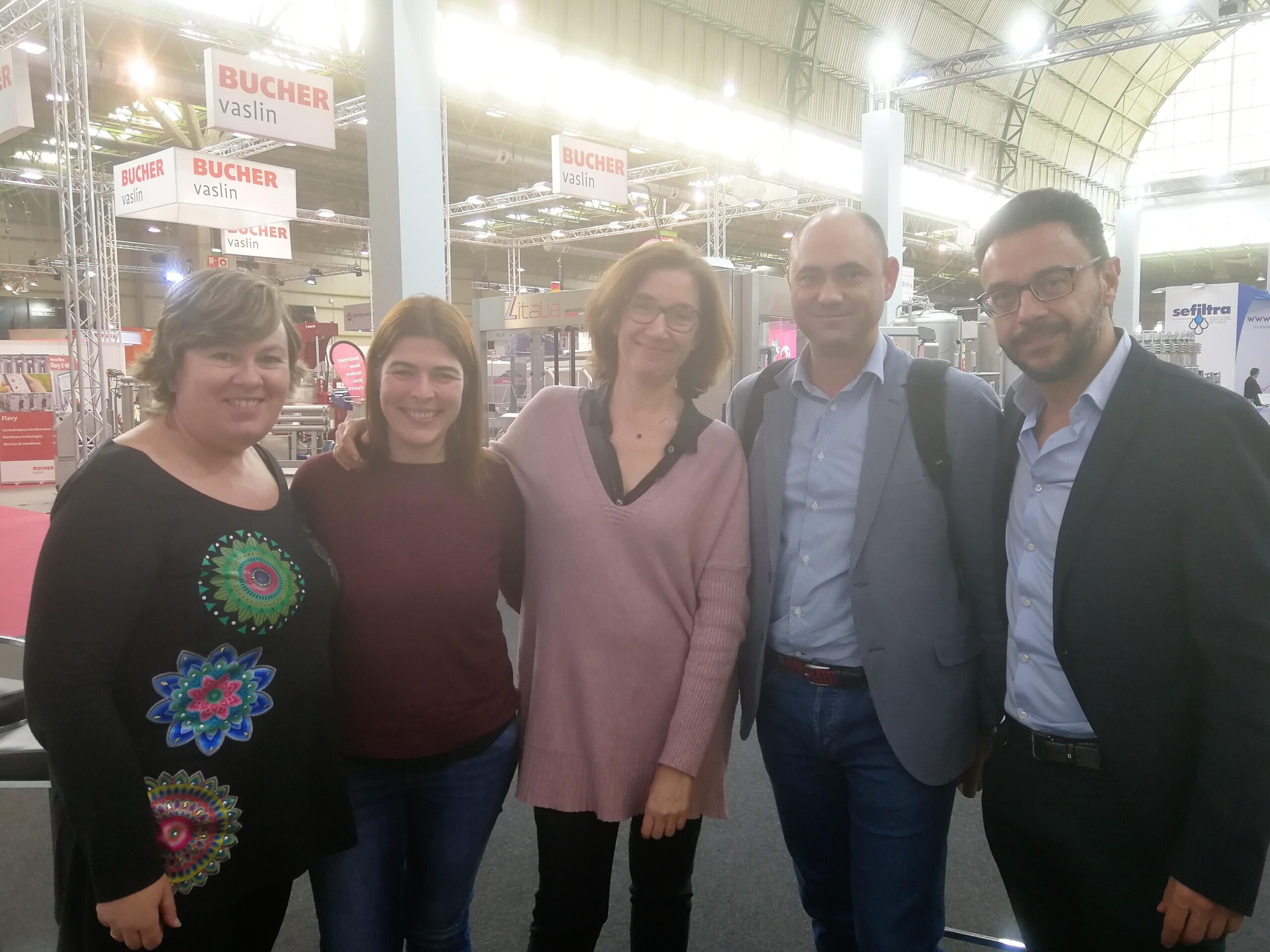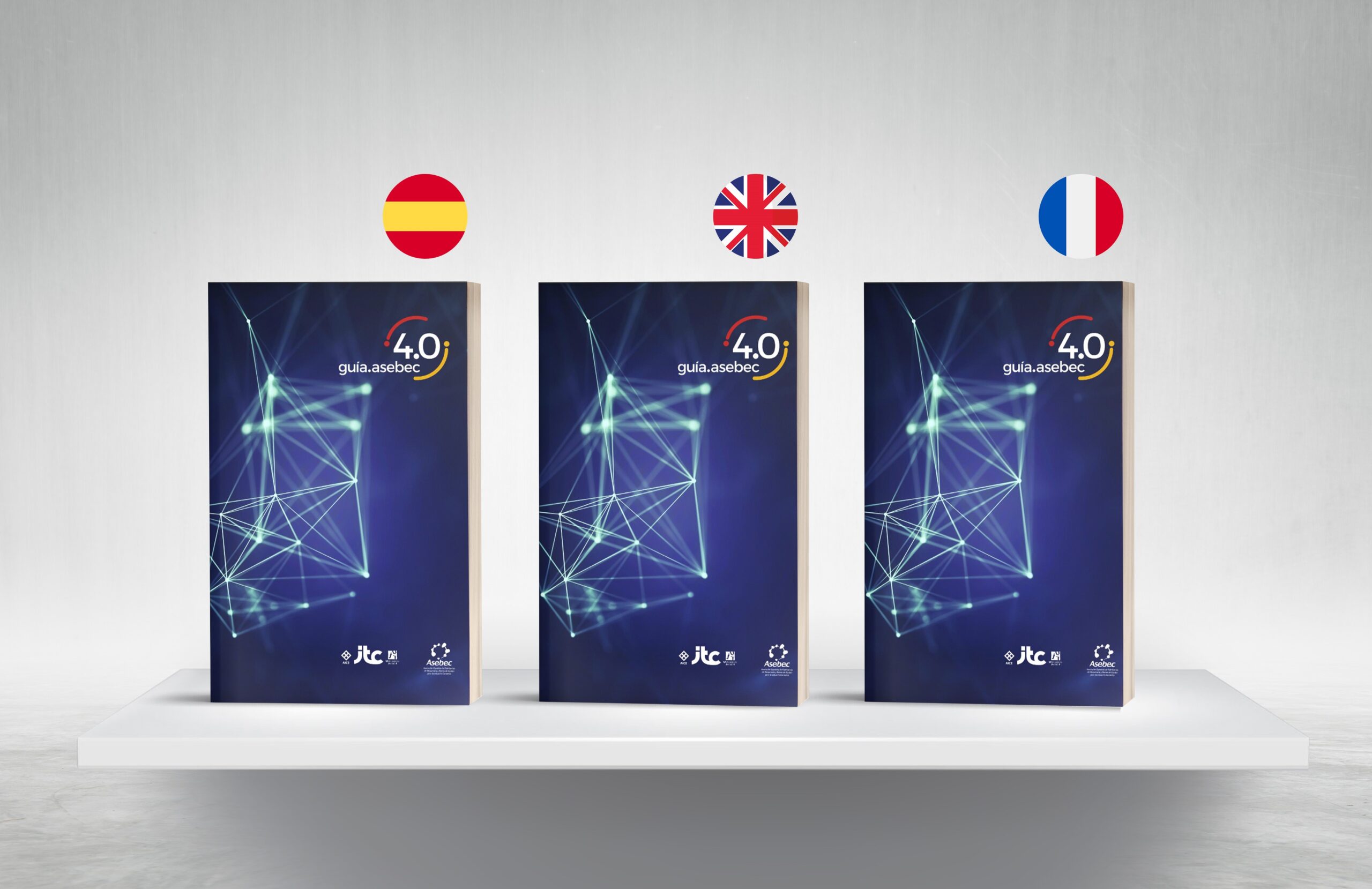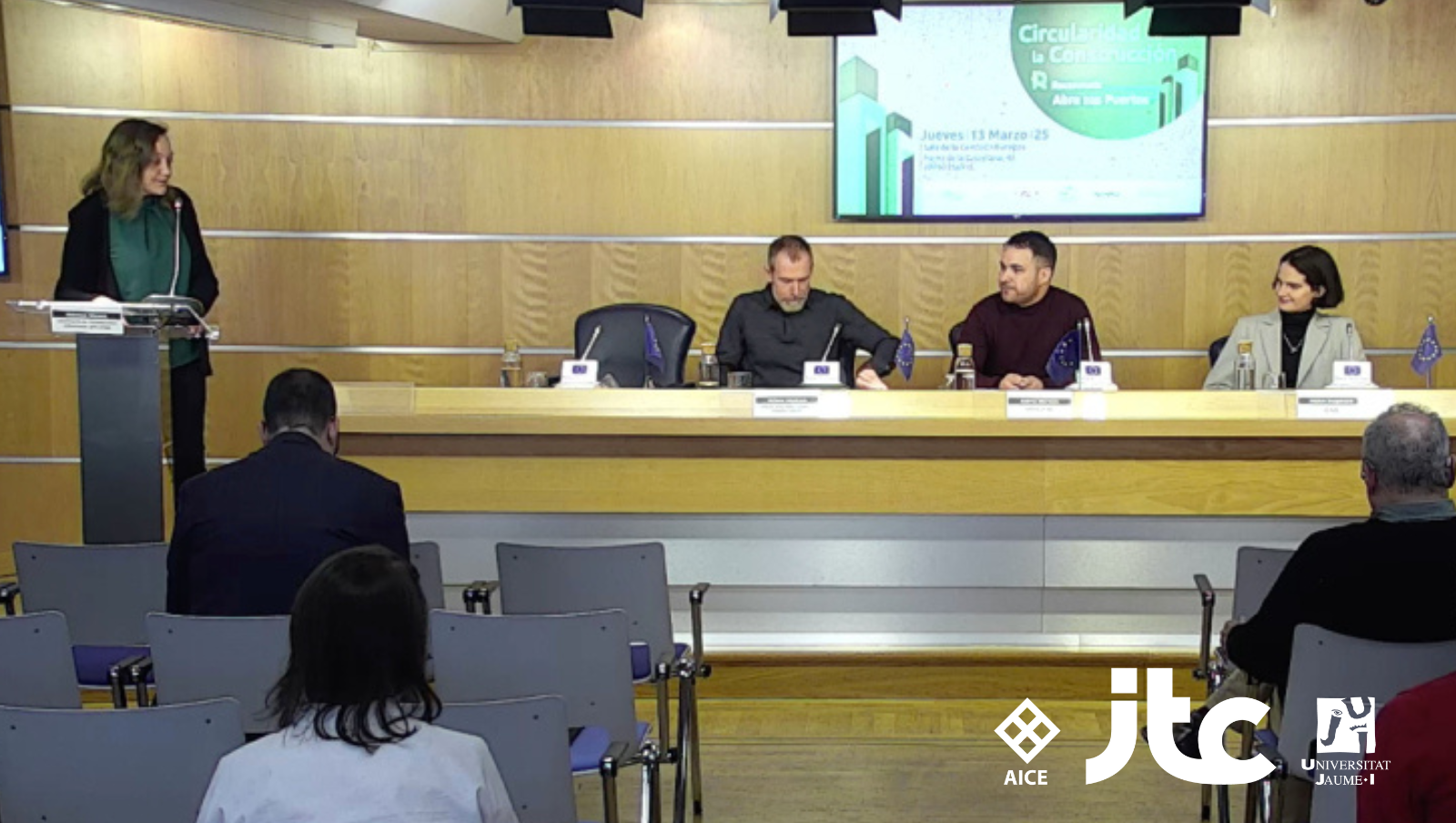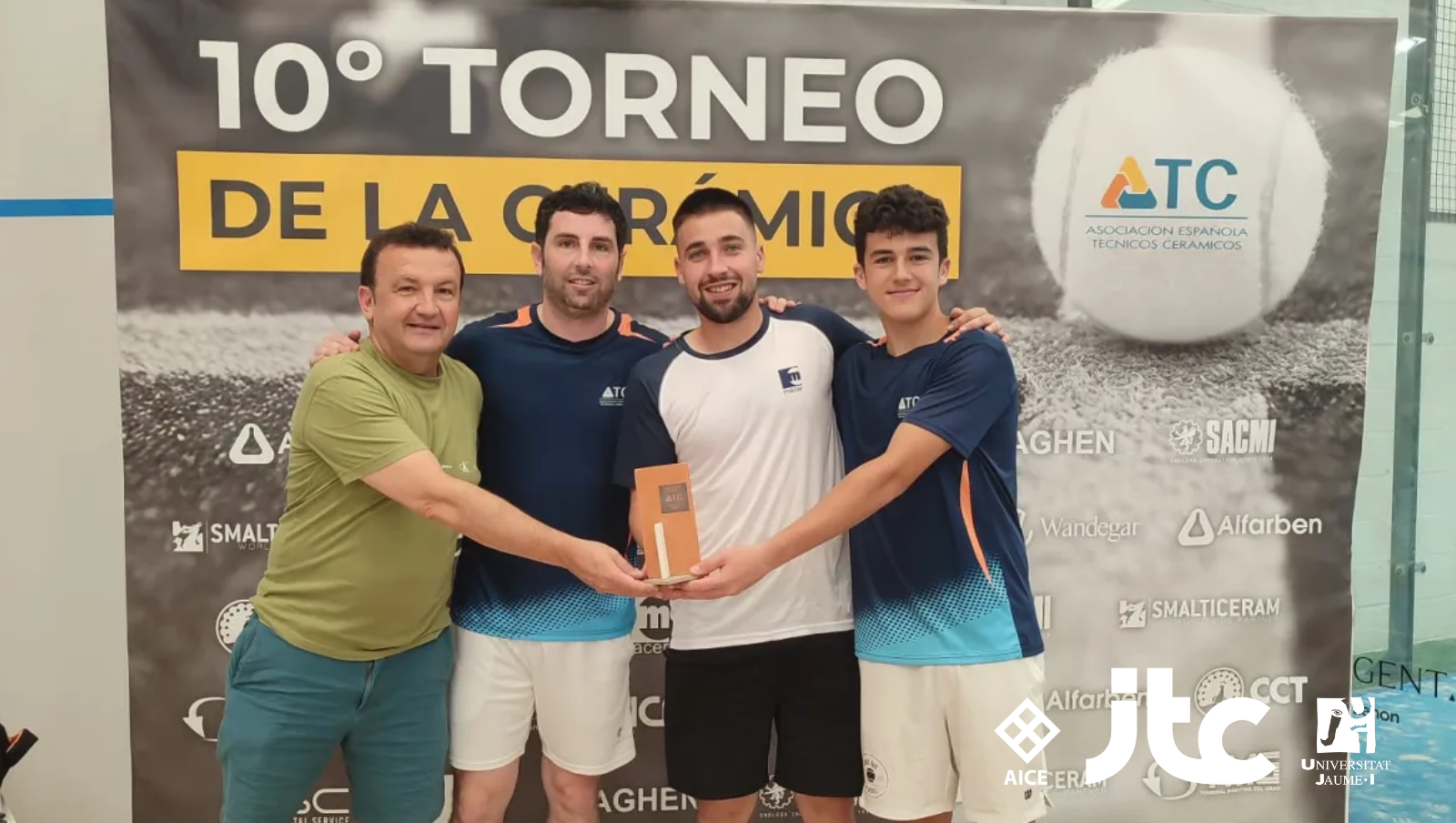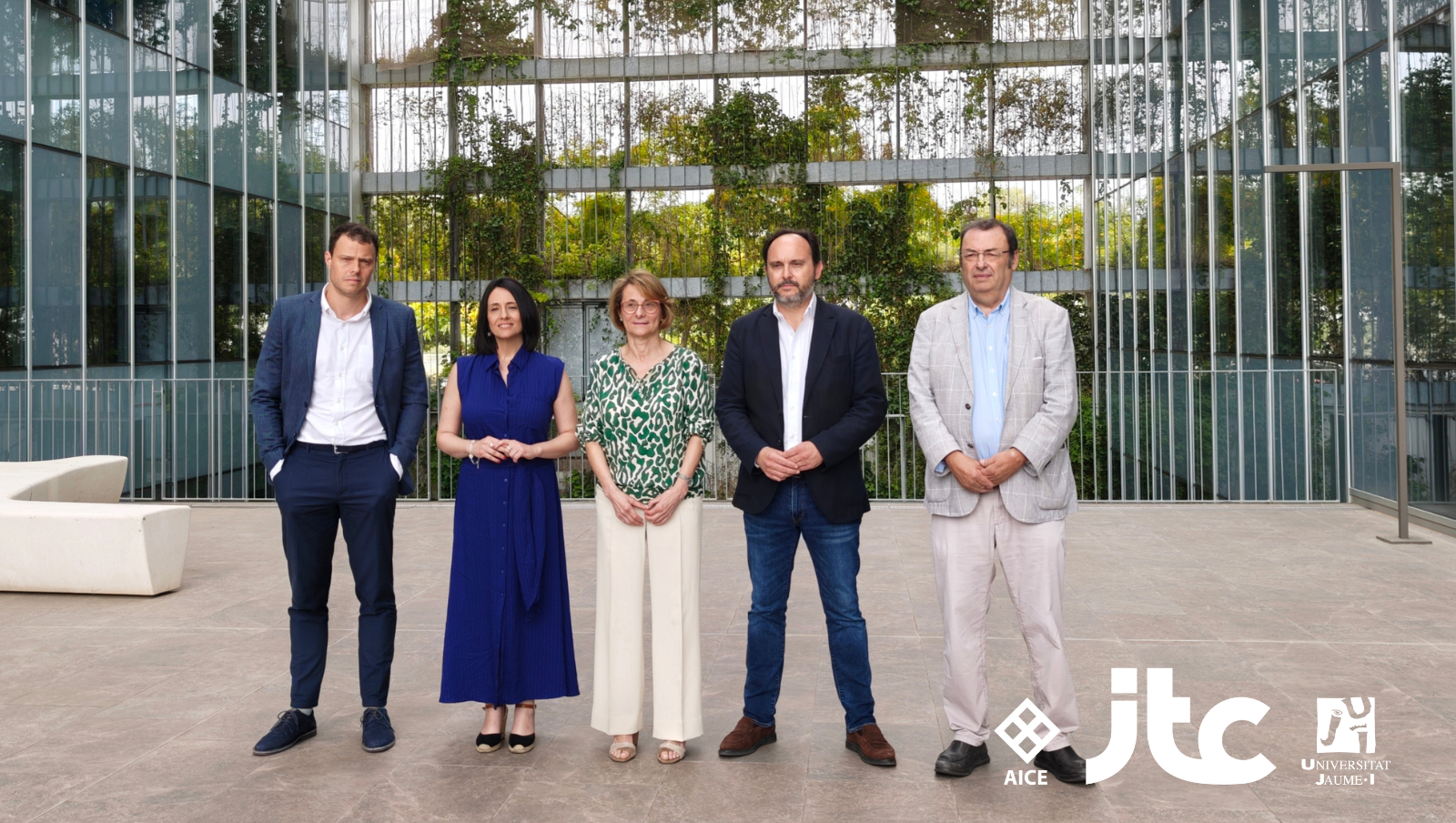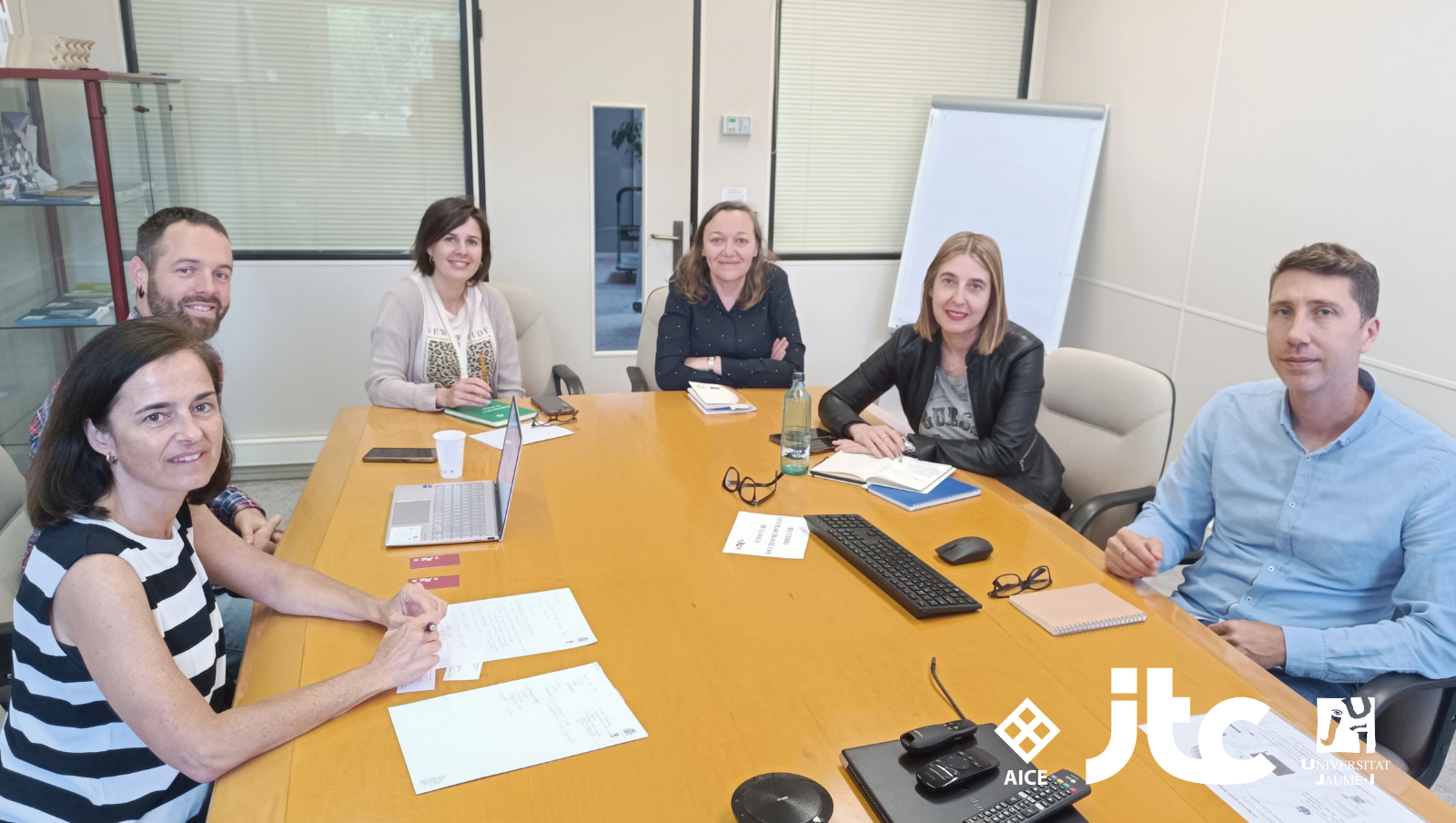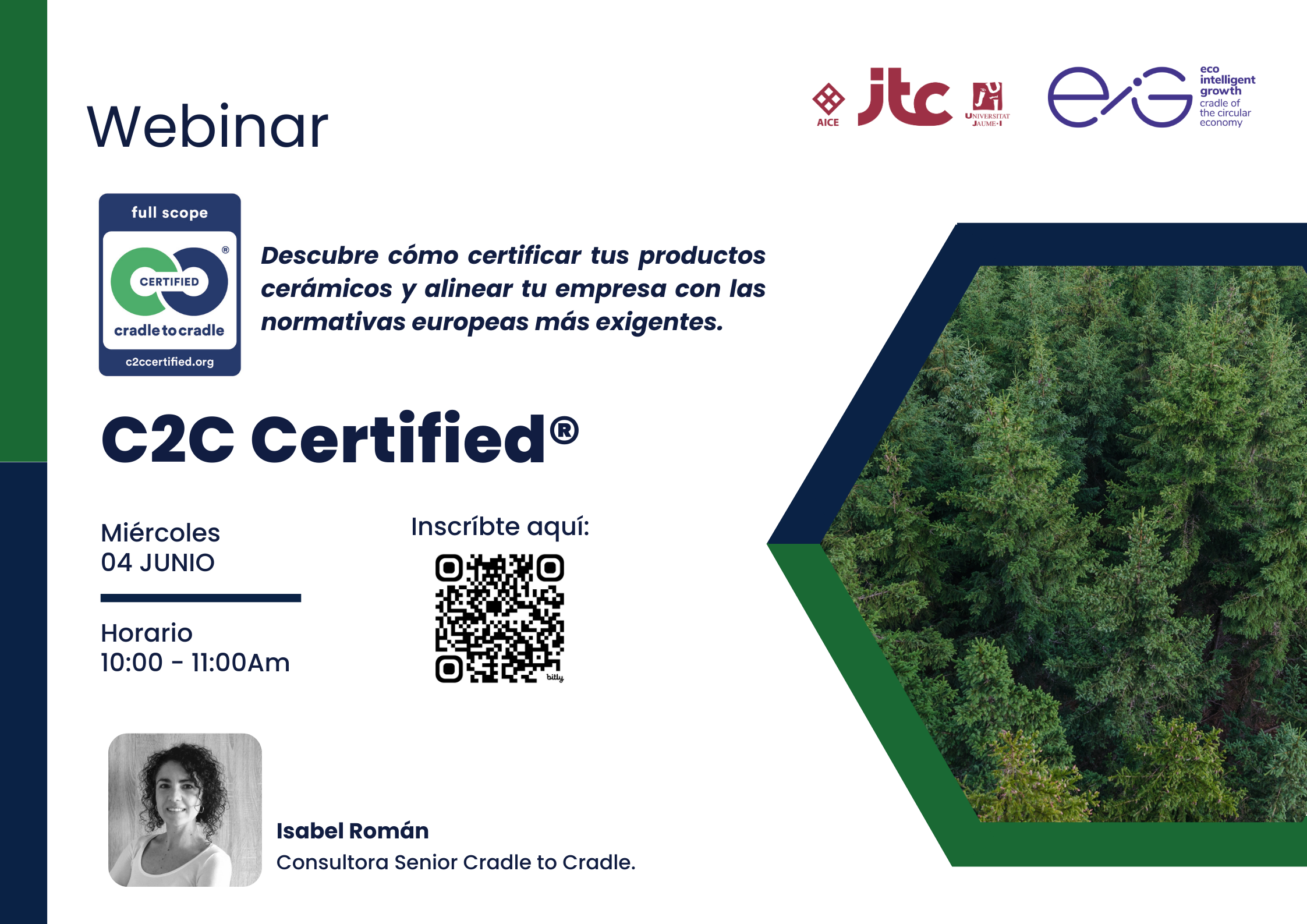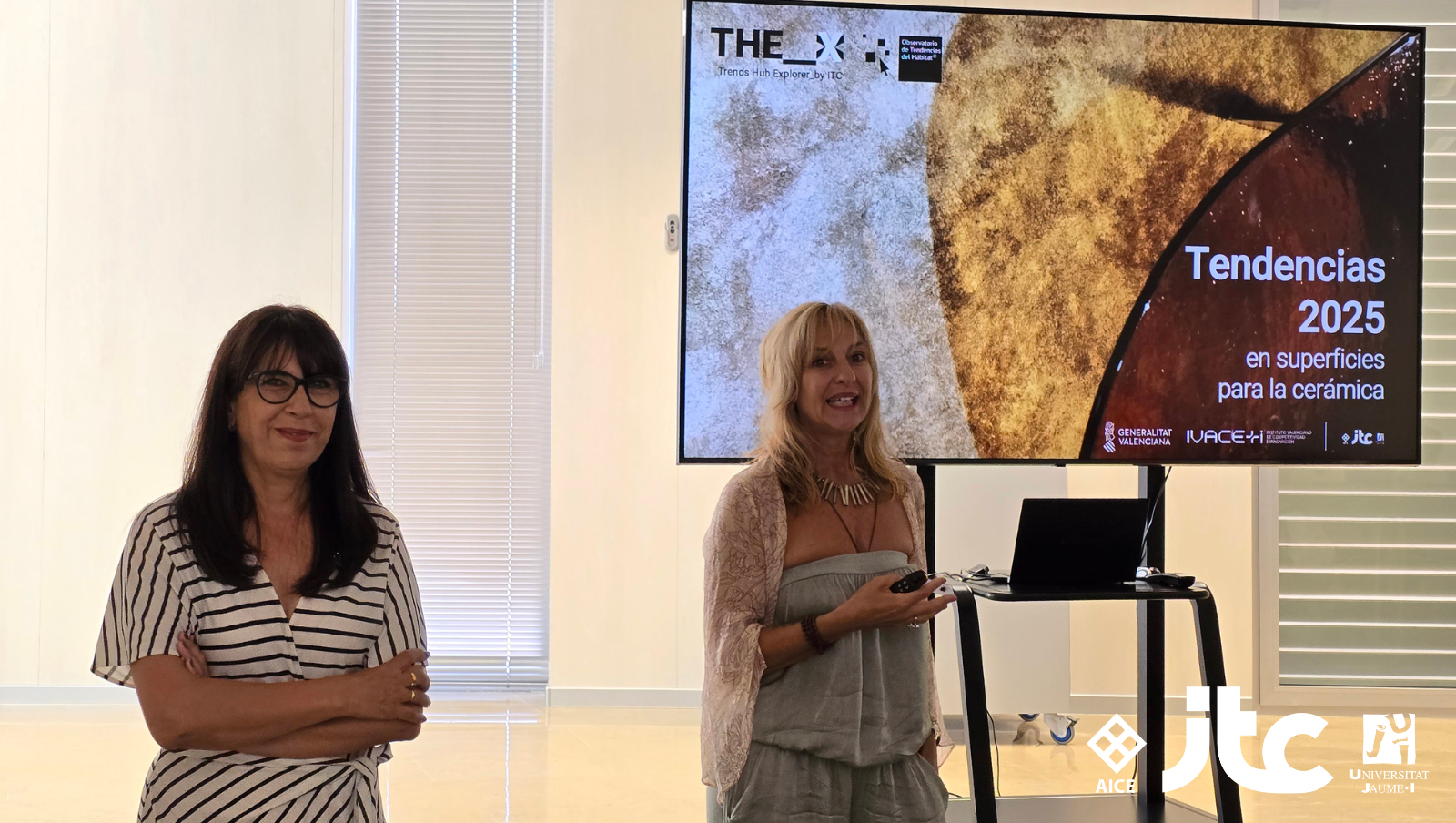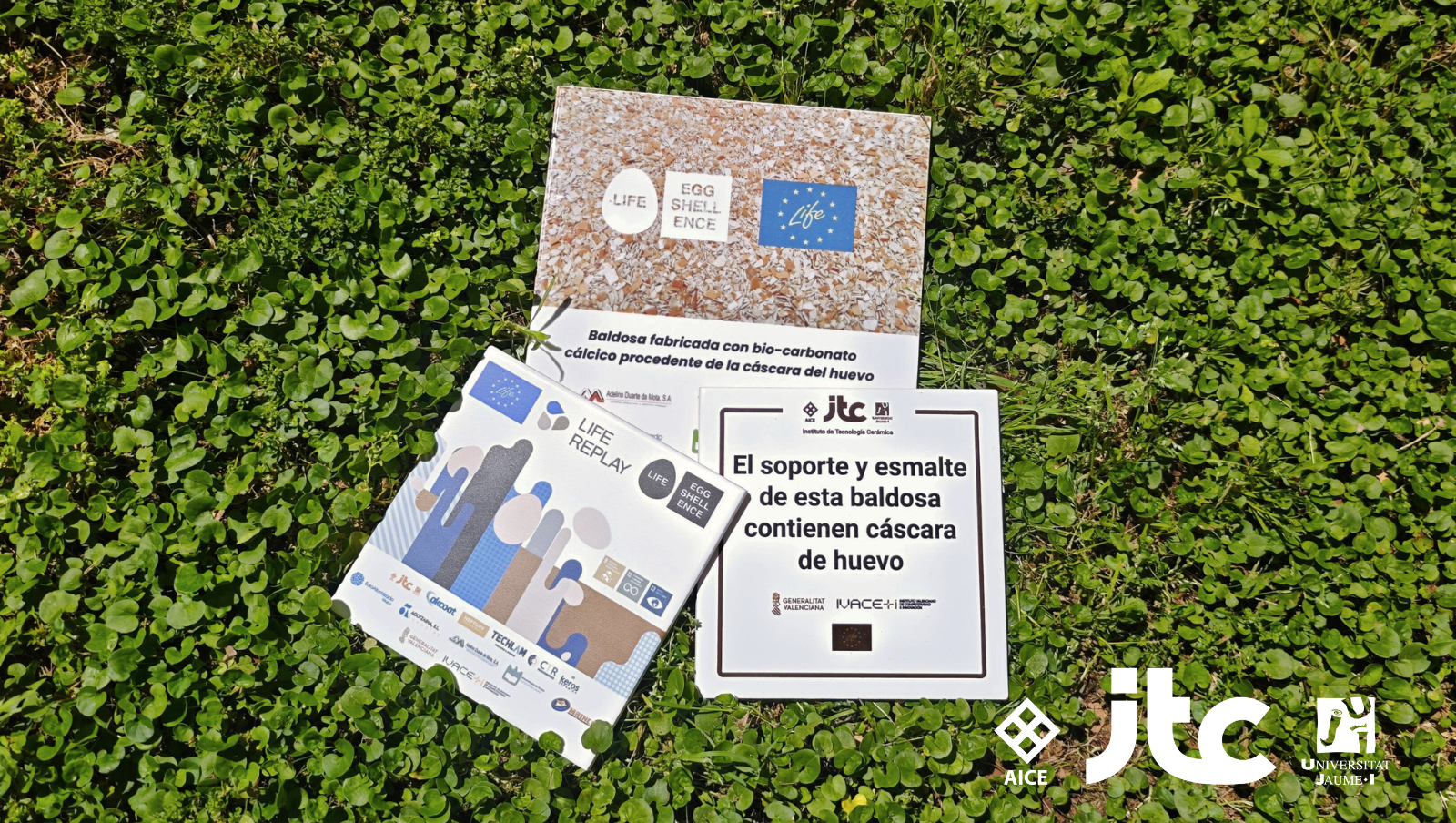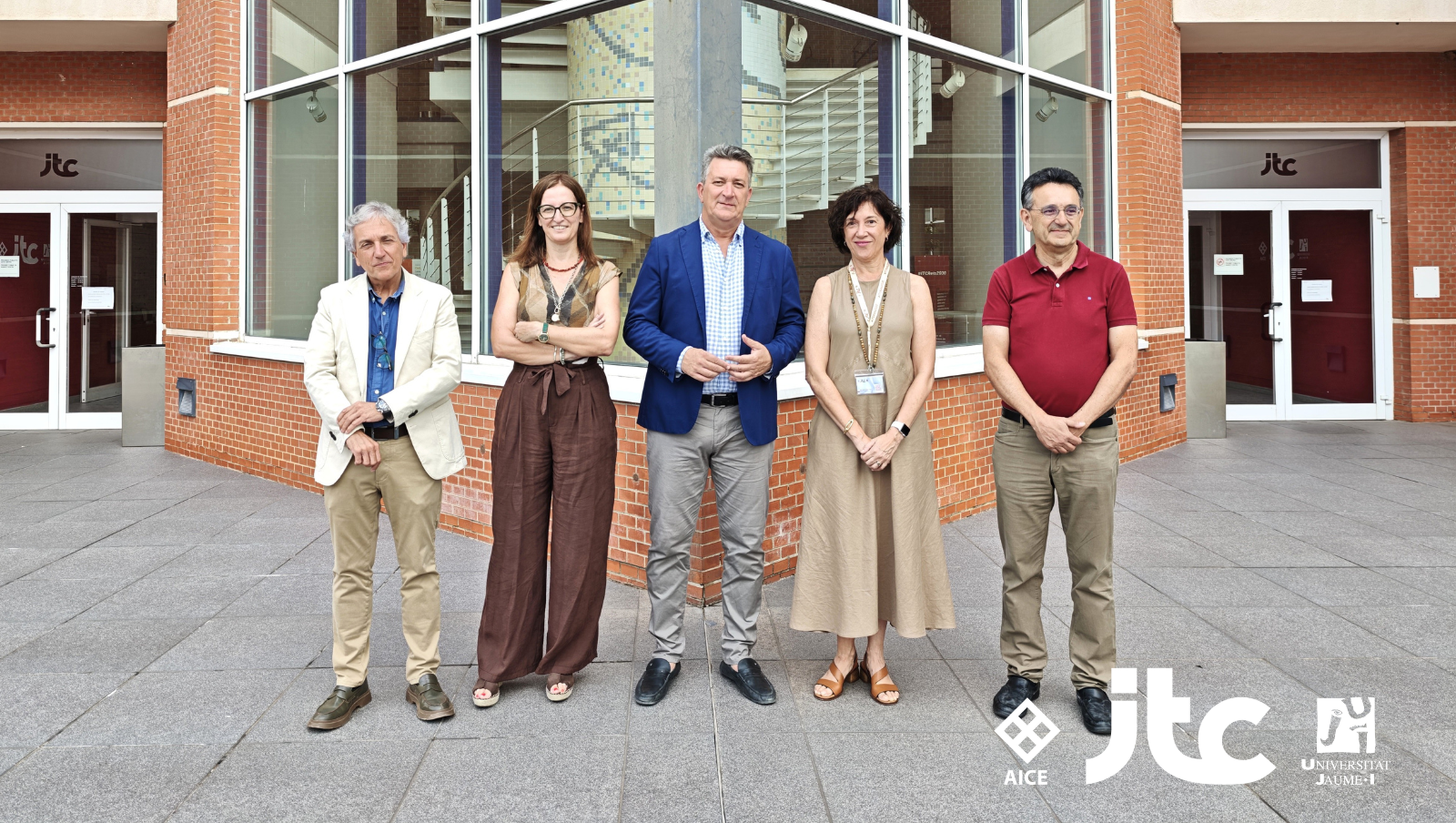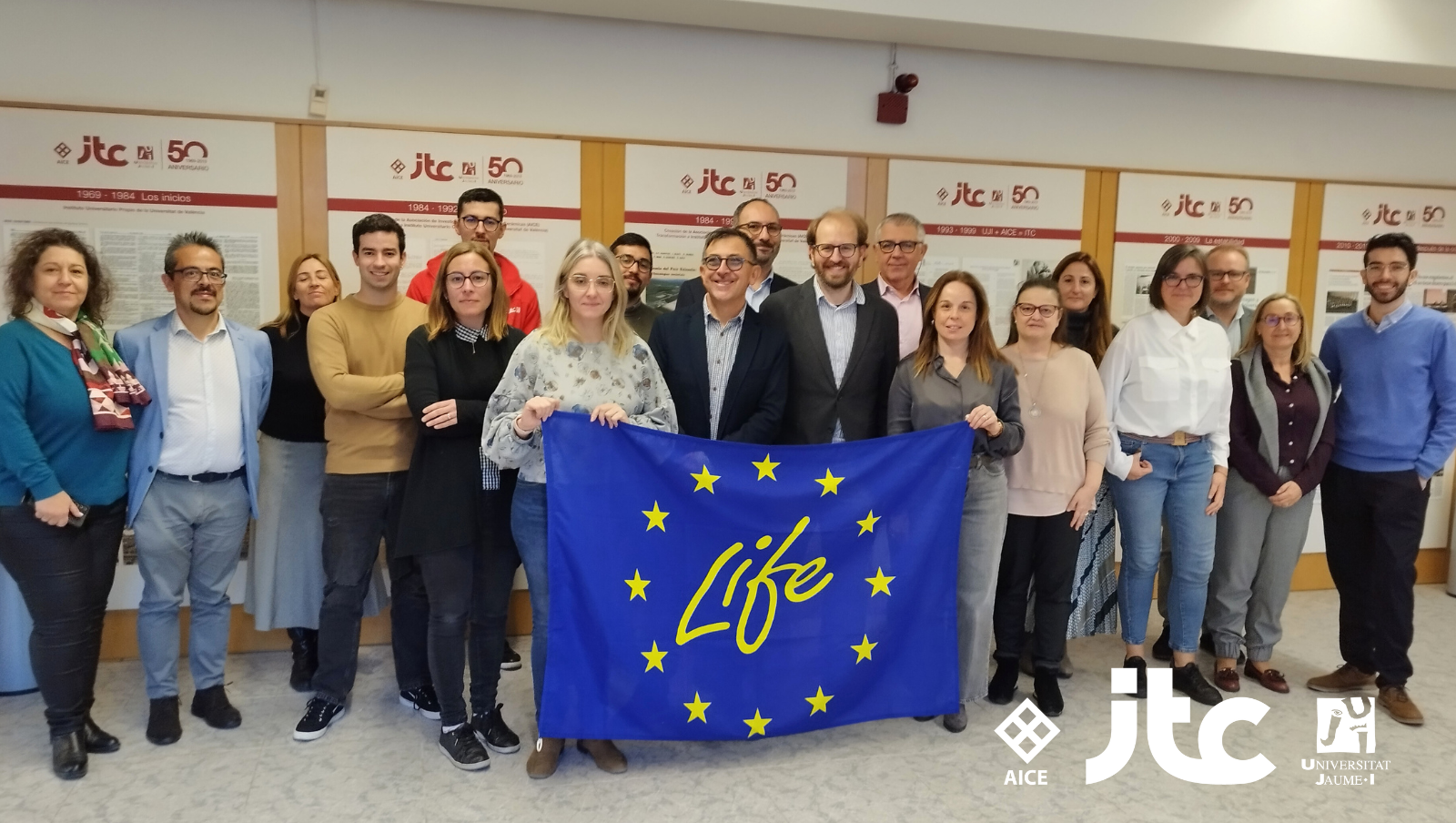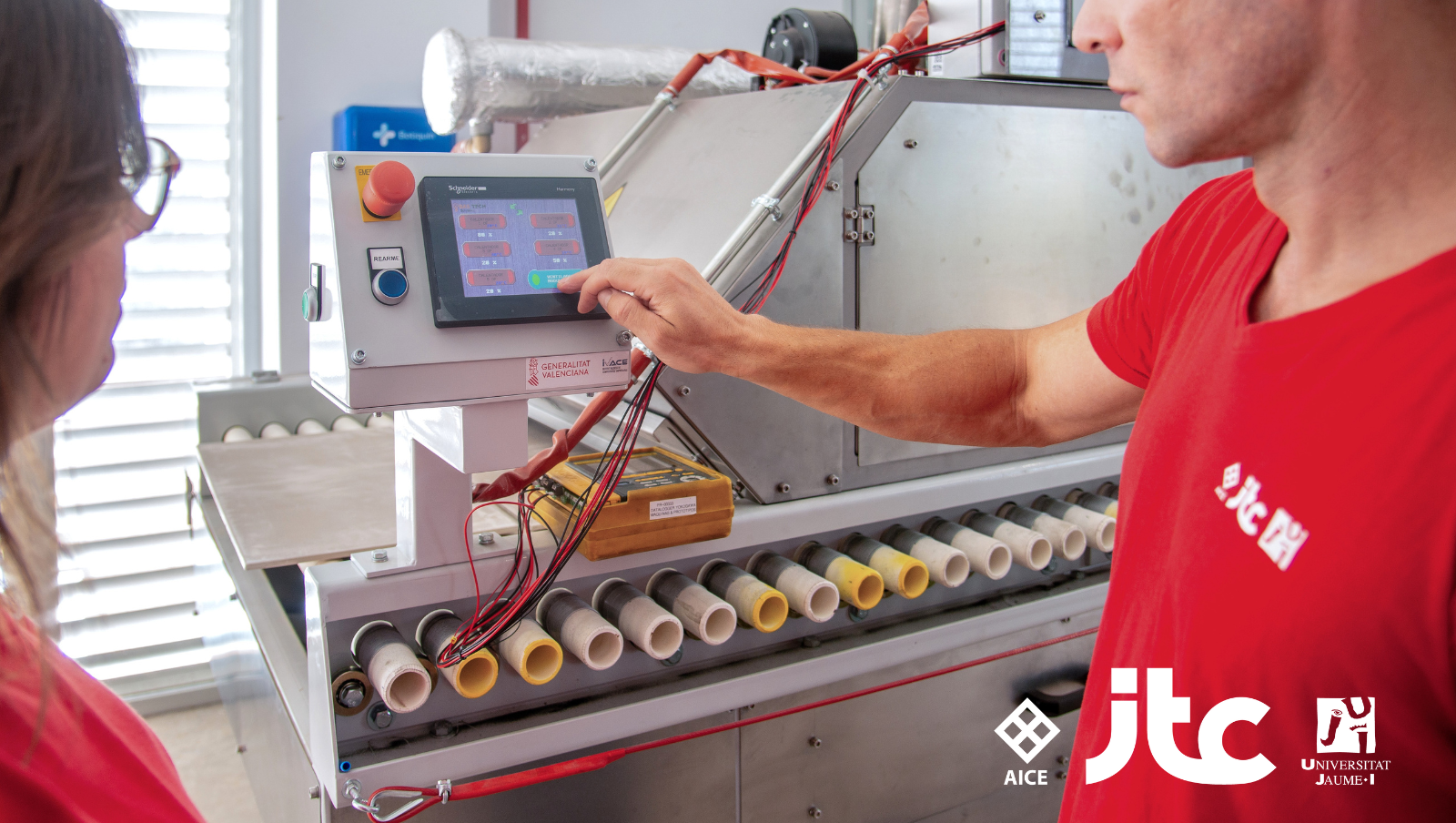In collaboration with companies in the sector, ITC and AIMPLAS are applying circular strategies in the design of container to facilitate reusability, as well as are developing a new recycling process for managing waste when the container reaches the end of its useful life.
Castellón, December 4th, 2020.-ITC, the Technological Institute for Ceramics is coordinating the EcoFILLink project in which AIMPLAS, Plastics Technology Centre, also participates. EcoFILLink is financed by the Valencian Institute of Business Competitiveness (IVACE) through the European Regional Development Fund (ERDF). The aim of the project is to reduce the environmental impact generated by ink containers used for digital decoration of ceramic tiles.
Waste from plastic containers contaminated with ink-jet inks currently amounts to 500 t per year and a volume of 10,650 m3. Recycling these containers is a problem due to their complexity and the dirt released on contact with water, since 5% of the ink remains adhered to the container internal walls, representing losses of 3.6 million euros per year.
The EcoFILLink project aims to implement environmental improvements in packaging design and waste management processes in accordance with the circular economy.
In order to define the applicable strategies and the effect of them on the value chain and on the environment, several KATCH-e tools are being applied: KATCH-e value chains, CE Strategist, KATCHing carbon and CE Analyst
KATCH-e project (https://www.katche.eu/) is an Erasmus+ project, co-funded by the European Commission and the Valencian Institute of Business Competitiveness (IVACE) through the European Regional Development Fund (ERDF).
As result of the application of these tools, several techniques will be implemented to make packaging reusable at least five times. To this end, the packaging will be redesigned to improve interior washing, and internal functions will be included to maximize emptying by 2 to 5%. The project also provides for the recovery of valuable inks and other materials from the cleaning water that can then be added to ceramic materials, thus resulting in the use of 2 million euros in ink.
And when the containers can no longer be reused, recycling treatments for contaminated plastics will be optimized using supercritical CO2 to reduce the impact of the recycling process and the waste generated.
These measures will be implemented in collaboration and partnership with stakeholders throughout the value chain. The specific participating companies are: Pamesa Cerámica, S.L.; Cottocer, S.L.; Compacglass, S.L.; Keramex, S.A.; TAU Porcelánico, S.L.; Colorobbia España, S.A.; Ravi iniciativas medioambientales, S.L.U.; Rolplas S.L.; Acteco productos y servicios, S.L.; ALCION PACKAGING SOLUTIONS.; and Plastire S.A.
ITC-AICE and AIMPLAS are aware of the importance of designing a new plastic container for storage and transport of ink-jet inks that minimizes its environmental impact through the implementation of different circular design strategies for containers and waste management in line with the circular economy to ensure that resources remain in the economy as long as possible.
EcoFILLink aims to have a positive impact on the three forms of sustainable development: environmental, economic, and social development. It is aligned with the objectives established by the United Nations (UN) in Agenda 2030.









